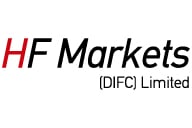
Welcome to your gateway to the world of forex trading in Dubai’s dynamic financial landscape. Discover insights, reviews, and guidance on top brokers, empowering novice and experienced traders to navigate the market confidently.
In this comprehensive guide, you’ll learn all you need to know about being a great trader and which forex brokers in Dubai are best suited for your trading style. Emirati traders can easily start earning profits from the competitive, exciting environment of forex trading.
- The Best Forex Brokers in UAE– a List (2024)
- The Top 10 Forex Brokers for Beginners
- Can You trade Forex in the UAE – is it Legal?
- Is Dubai good for Forex Traders?
- What is the Best Forex Trading Platform in Dubai?
and much, MUCH more!

The Top 10 Forex Brokers in Dubai – A Comparison
| 🔎 Forex Broker | 🤝 Accepts Emiratis | 💶 Min Deposit (AED) | 💷 Min Deposit (USD) |
| 🥇 Exness | ✅Yes | 47 AED | $10 USD |
| 🥈 XM | ✅Yes | 18 AED | $5 USD |
| 🥉 Axi | ✅Yes | 0 AED | $0 USD |
| 🏅 FBS | ✅Yes | 4 AED | $1 USD |
| 🥈 HF Markets | ✅Yes | 0 AED | $0 USD |
| 🎖️ Pepperstone | ✅Yes | 475 AED | AU$ 200 |
| 🥇 FOREX.com | ✅Yes | 370 AED | $100 USD |
| 🥉 IG | ✅Yes | 920 AED | $250 USD |
| 🏅 Capital.com | ✅Yes | 184 AED | $50 USD |
| 🎖️ AvaTrade | ✅Yes | 370 AED | $100 USD |
The Top 10 Forex Brokers in Dubai (2024)
- ☑️ Exness – Overall, the Best Forex Broker in Dubai
- ☑️ XM – Best web-based trading platform
- ☑️ Axi – Best MetaTrader4 Forex Broker
- ☑️ FBS – User-friendly trading platforms
- ☑️ Pepperstone – Great for MetaTrader and Copy Trading
- ☑️ Forex.com – Excellent all-round offering
- ☑️ HF Markets – Best Choice for Non-US Traders
- ☑️ IG – 80+ forex pairs and Competitive spreads.
- ☑️ Capital.com – Best Forex Broker for Advanced Traders
- ☑️ AvaTrade – Balanced asset selection – Including Options

Forex Trading in Dubai – An Overview
How profitable is Forex trading for individuals and retail traders? How much do you need to start trading Forex in Dubai? Can you keep your full-time job while you trade Forex part-time? What are the significant risks involved with trading Forex in Dubai?
These are just a few questions that many Emirati traders may have as beginner forex traders. Please explore our website to find the answers to these questions and more.
Foreign Exchange Trading is a legal activity in Dubai governed by the SCA and regulated by the DFSA. The SCA ensures that all Forex brokers in the UAE follow strict criteria, fostering openness and protecting traders.
Furthermore, the DFSA is the regulatory agency in charge of monitoring financial operations, including Forex trading, in the Dubai International Financial Centre (DIFC), ensuring that brokers operate with integrity and transparency.
We reveal the best brokers with verified regulations (by DFSA and several other reputable entities) who offer their services locally in Dubai. Emiratis can rest assured that these are trusted and legitimate brokers that garner a high trust score or rating.

How to Start Forex Trading in Dubai
Step 1: Educate Yourself
Before engaging in forex trading, you must arm yourself with extensive knowledge. Start by familiarizing yourself with the fundamentals of forex trading. This requires delving into the complexities of currency pairs, comprehending how they operate, and distinguishing between major, minor, and exotic pairings.
Additionally, familiarize yourself with key terms such as pips, amounts, and leverage. Consider enrolling in online courses designed specifically for Emirati traders to enhance your understanding. Participate in webinars and live sessions for real-time interaction and clarification of questions.
Furthermore, enhance your knowledge by reading books on foreign exchange trading in the Middle East. This should include introductory and advanced-level materials to understand the topic comprehensively.
Step 2: Understand the Risks
It is essential to recognize the inherent dangers associated with forex trading. Gain a thorough comprehension of how leverage can magnify profits and expose you to substantial losses. It is crucial to understand margin calls and their implications.
In addition, investigates the impact of market risks stemming from geopolitical events and factors such as crude prices, especially as they pertain to the forex market in the Middle East. It is crucial to equip yourself with effective risk management strategies.
This requires mastery of various order categories, including market, limit, and pending orders. To protect your investments, allocate a specific quantity of capital for trading and ensure you can afford to lose it.
Step 3: Choose a Reliable Forex Broker
Choosing a trustworthy forex broker sets the groundwork for a prosperous trading journey. Prioritize brokers that adhere to UAE Securities, the DFSA, and Commodities Authority (SCA) regulations to ensure compliance with local legal frameworks.
Conduct diligent research into the broker’s past violations and sanctions. Assess the trading platform’s Arabic language support and localized support. Also, evaluate the availability of mobile trading options to facilitate trading on the go.
Considering the significance of customer service, choose brokers that offer Arabic support around the clock. Consider brokers with physical offices in Dubai, allowing face-to-face consultations for a more individualized experience.
Additionally, investigate the fee structure, differentiating between fixed and variable spreads and remaining vigilant for concealed fees.
Step 4: Open a Trading Account
Opening a trading account requires meticulous steps to ensure a seamless experience. Collect the required documentation, including a valid Emirates identification card and recent utility invoices, as a prerequisite to facilitate address verification.
Additional documents, such as a salary certificate or bank statement, may be required depending on the trader’s requirements. Adapt your account type selection to your preferences.
This may entail selecting an Islamic (swap-free) account if it aligns with your religious beliefs or contemplating micro or nano accounts if you have limited capital.
Furthermore, prioritize using a demo account as a risk-free environment for exercising various trading strategies and familiarizing yourself with the nuances of the trading platform before transitioning to real trading.
Step 5: Fund Your Account
Financing your trading account is a crucial action that requires careful thought. Consider the deposit options supplied by your chosen broker. Choosing brokers that take deposits in AED is advantageous to avoid incurring unnecessary conversion fees.
Ensure the broker uses secure and dependable payment gateways to safeguard your financial transactions.
Start your trading career with a minimum deposit corresponding to your comfort level. Certain brokers offer incentives on larger deposits, which could increase your trading capital.
Step 6: Develop a Trading Plan
A well-structured trading plan is your compass in the dynamic realm of forex trading. Explore the analysis domain in greater depth, including fundamental and technical aspects.
Develop expertise with technical analysis instruments such as Fibonacci retracement, moving averages, and the Relative Strength Index (RSI).
Consider diverse trading strategies, including short-term options such as arbitrage and day trading, and long-term strategies such as swing and position trading. Before implementing a new strategy, rigorously test it on a demo account to hone your skills and confirm its efficacy.
Step 7: Start Trading
Active trading requires vigilance and a sound strategy. Start by conducting a thorough market landscape analysis. Keep abreast of UAE-specific news sources for local economic updates and global events that can impact oil and gold prices, as these are crucial factors that can affect currency values.
Initiate trades cautiously by beginning with smaller lot sizes and gradually increasing them as your confidence increases. Implement protective measures such as stop-loss and take-profit orders to safeguard your investments, mitigating potential losses and securing gains.
Step 8: Keep Learning
The commitment to continuous education is non-negotiable in the ever-evolving world of forex trading. Stay current on market trends and news by subscribing to credible forex news websites and participating in Middle Eastern market-focused forums.
Consider enhancing your knowledge and understanding by attending Dubai-hosted local trading seminars and workshops. Regularly analyzing your trading history to identify patterns and areas suitable for improvement will propel your growth as a trader.
Step 9: Withdraw Profits
As profits accumulate, devise a prudent plan for profit withdrawal. Determine your broker’s withdrawal methods and select those that expedite the process while minimizing fees.
Even though the UAE does not currently tax forex profits, it is prudent to watch for regulatory changes that could have tax implications.
Step 10: Join a Trading Community
The value of fostering a sense of community within the commerce landscape can be enormous. To gain a deeper understanding of the complexities of the local market in the UAE, it is important to network and engage with other traders.
Take advantage of the chance to share experiences and gain insight from the collective knowledge of Emirati traders.

4 Best Currency Pairs for Beginner Emiratis to Trade
USD/JPY (US Dollar / Japanese Yen)
The USD/JPY is one of the most important currency pairs in the foreign exchange market. It indicates the exchange rate between the United States dollar and the Japanese Yen.
This currency pair is renowned for its liquidity and tight spreads, making it a beginner’s preference. The economic policies and interest rate decisions of the US Federal Reserve and the Bank of Japan considerably influence its movements.
Why is USD/JPY ideal for Emirati Beginners?
Given its stability and predictable patterns influenced by key economic indicators, it is an ideal pair for beginners to gain experience in the market without experiencing excessive volatility.
EUR/GBP (Euro / British Pound)
Representing the Euro’s exchange rate against the British pound, this currency pair provides a relatively stable trading environment, particularly in contrast to USD pairs. It is a prudent choice for those new to trading.
The interplay of these two currencies is shaped by economic data releases from both the Eurozone and the United Kingdom, coupled with impactful political happenings, including the complex Brexit negotiations.
Why is EUR/GBP ideal for Emirati Beginners?
Its relative stability and the influence of well-documented European events make it an excellent starting point for Emirati beginners to comprehend geopolitical influences on currency movements.
AUD/NZD (Australian Dollar / New Zealand Dollar)
The AUD/NZD forex duo mirrors the symbiotic relationship between the Australian and New Zealand economies. With a shared reliance on commodities, their currencies often align.
However, nuanced distinctions in their economic markers offer a window of opportunity for well-informed trading decisions.
Why is AUD/NZD ideal for Emirati Beginners?
This currency pair experiences lower volatility compared to others, thanks to the strong economic interdependence between Australia and New Zealand.
This reduced volatility factor makes it a more manageable option for novice traders, allowing for easier tracking and prediction of market movements.
USD/CAD (US Dollar / Canadian Dollar)
Dubbed the “Loonie,” the USD/CAD currency pair symbolizes the intricate economic connection linking the United States and Canada.
Given Canada’s robust position as a significant oil exporter, elements like energy price shifts and the trajectory of US economic data hold substantial sway.
This pairing strikes a harmonious balance between volatility and stability, presenting newcomers to trading with a well-rounded platform encompassing risk and potential gains.
Why is USD/CAD ideal for Emirati Beginners?
When analyzing potential trades, the obvious correlation with commodities such as oil provides novices with a tangible reference point.

4 Best Currency Pairs for Professional Emiratis to Trade
USD/TRY (US Dollar / Turkish Lira)
The USD/TRY pair represents the exchange rate between the US dollar and the Turkish lira. Geopolitical concerns in the region, internal Turkish economic policy, and US economic data all impact.
Furthermore, the pair has seen significant volatility due to political and economic developments in Turkey.
Why is USD/TRY ideal for Emirati Beginners?
This currency pair is a good fit for seasoned traders who know how to navigate its complexities. Its allure stems from the constantly changing Turkish economy and the impact of regional geopolitical events.
GBP/JPY (British Pound / Japanese Yen)
The “Dragon,” more formally known as the GBP/JPY exchange rate, is celebrated for its swift and erratic price oscillations. Substantial daily price variations stem from the intricate interweaving of the GBP’s intrinsic market volatility and the JPY’s distinguished stability.
The ebb and flow of economic data originating from both the UK and Japan, alongside the complex tapestry of worldwide geopolitical shifts, synergistically influence the trajectory of this vibrant forex coupling.
Why is GBP/JPY ideal for Emirati Beginners?
The pair’s volatility presents a wealth of trading chances for seasoned investors who can profit from its sharp price fluctuations.
EUR/AUD (Euro / Australian Dollar)
The EUR/AUD pair illustrates the relationship between the economies of the Eurozone and Australia. This pair may suffer considerable price changes, providing possible profit opportunities, as economic indices from the regions and commodities prices influence it.
Why is EUR/AUD ideal for Emirati Beginners?
The interplay of the multidimensional Eurozone and Australia’s commodity-fuelled economy creates a sophisticated trading field that is especially well-suited for seasoned traders.
USD/ZAR (US Dollar / South African Rand)
The USD/ZAR, which represents the economies of the United States and South Africa, is affected by commodity prices, political stability in South Africa, and US economic data. It is notorious for its high volatility and susceptibility to sudden economic disruptions.
Why is USD/ZAR ideal for Emirati Beginners?
For professionals looking for high-reward possibilities, the South African Rand’s volatility and the US Dollar’s steadiness present a difficult trading environment.
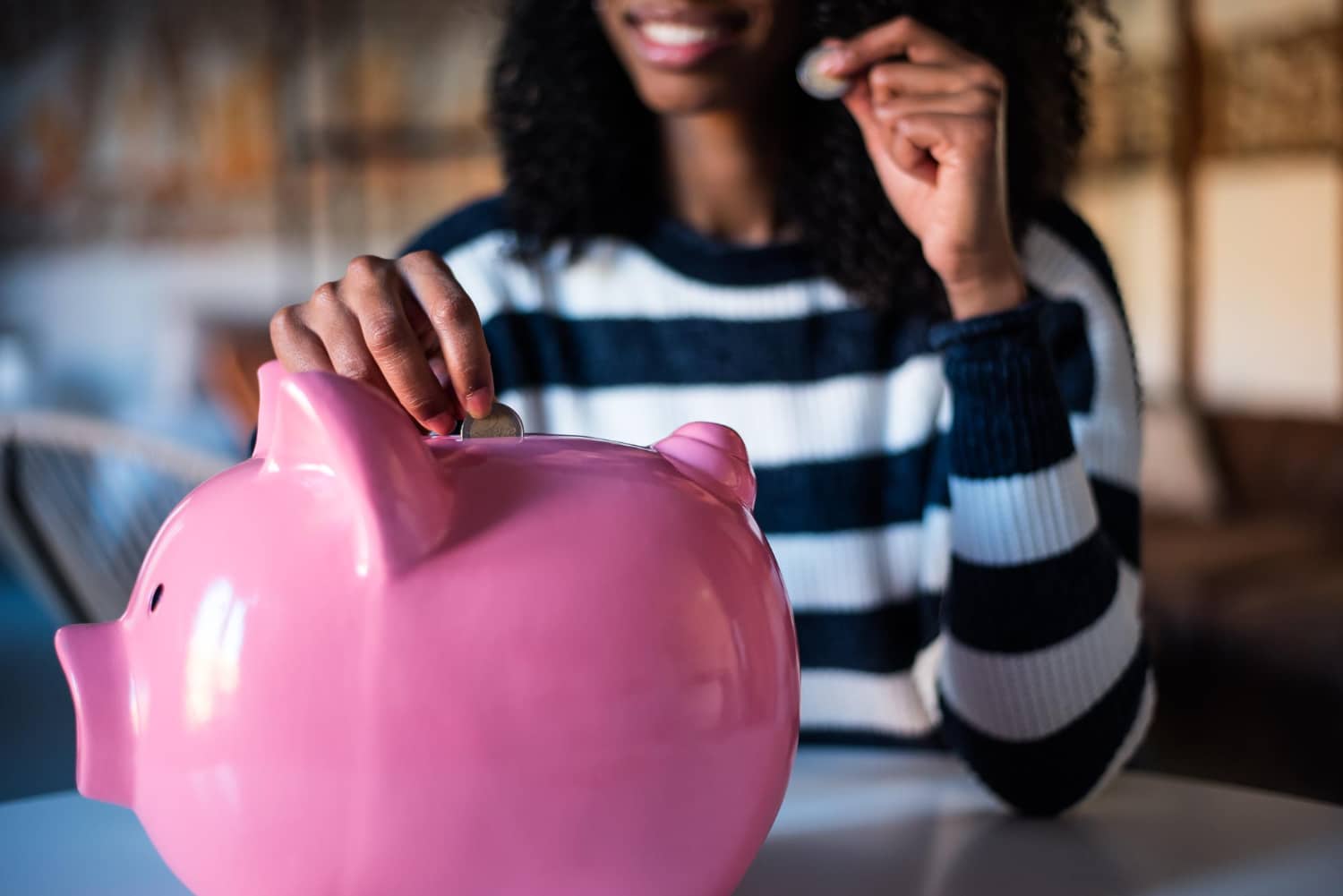
4 Most Successful Forex Traders in Dubai
While we could not find the most successful Forex traders in Dubai in 2024, we could source a list of some of the top Forex Traders offering their services on popular platforms.
Yasser R
Yasser R. is an experienced Forex trader with a solid background in translation, namely between Arabic and English.
His knowledge of the Forex market is supplemented by his skills in data input and article rewriting. Yasser has demonstrated his expertise and dependability in the area with a fantastic rating based on many jobs.
Ali A
Ali A. is a Forex trader interested in data science and quantitative finance. His technical prowess is demonstrated by his ability to evaluate data and develop trading strategies using Python. Ali has proved his proficiency in both Forex trading and cryptocurrencies with a flawless grade.
Maaz A
Maaz A. is a skilled Forex trader with SQL and bot creation expertise. His trading automation and strategy development expertise make him an invaluable asset in the Forex market. Maaz’s knowledge of cryptocurrencies expands his trading horizons even further.
Warren Takunda
Warren Takunda is a Forex trader with experience in social media marketing and community participation. His ability to use social media channels to gain trade insights distinguishes him. Warren’s knowledge of technical analysis and cryptocurrencies enriches his trading tactics.
Secrets to the success of these Professional Traders
- ✅ The ability to manage risks successfully is one of the characteristics of a successful trader. They stay in the game even after a few losses by using stop-loss orders and only risking a small percentage of their capital.
- ✅ As evidenced by their profiles, these traders have a diverse skill set, ranging from data analysis to social media marketing. This diversification allows individuals to approach trading from various perspectives, increasing their chances of success.
- ✅ By utilizing advanced tools and software like Python, TensorFlow, and trading bots, these traders can automate their techniques and get a competitive advantage in the market.
- ✅ The Forex market is dynamic, and effective traders, such as those described above, always update their knowledge and stay updated about world economic developments.
Trading can be an emotional roller coaster. Successful traders are distinguished by their ability to remain calm under pressure, avoid rash decisions, and adhere to a well-thought-out strategy.
Popular Forex Brokers for Young Professionals:
Axi
Axi is a well-established Forex Broker that offers access to 220+ Products to Trade, Spreads from 0.0, and Leverage of up to 500:1. Axi is best known for its:
- ✅ Ultra-competitive pricing, unbeatable value
- ✅ Award-winning 24/5 customer service
- ✅ And Free Education available to all
Axi offers its services to 60,000+ Customers across the globe.
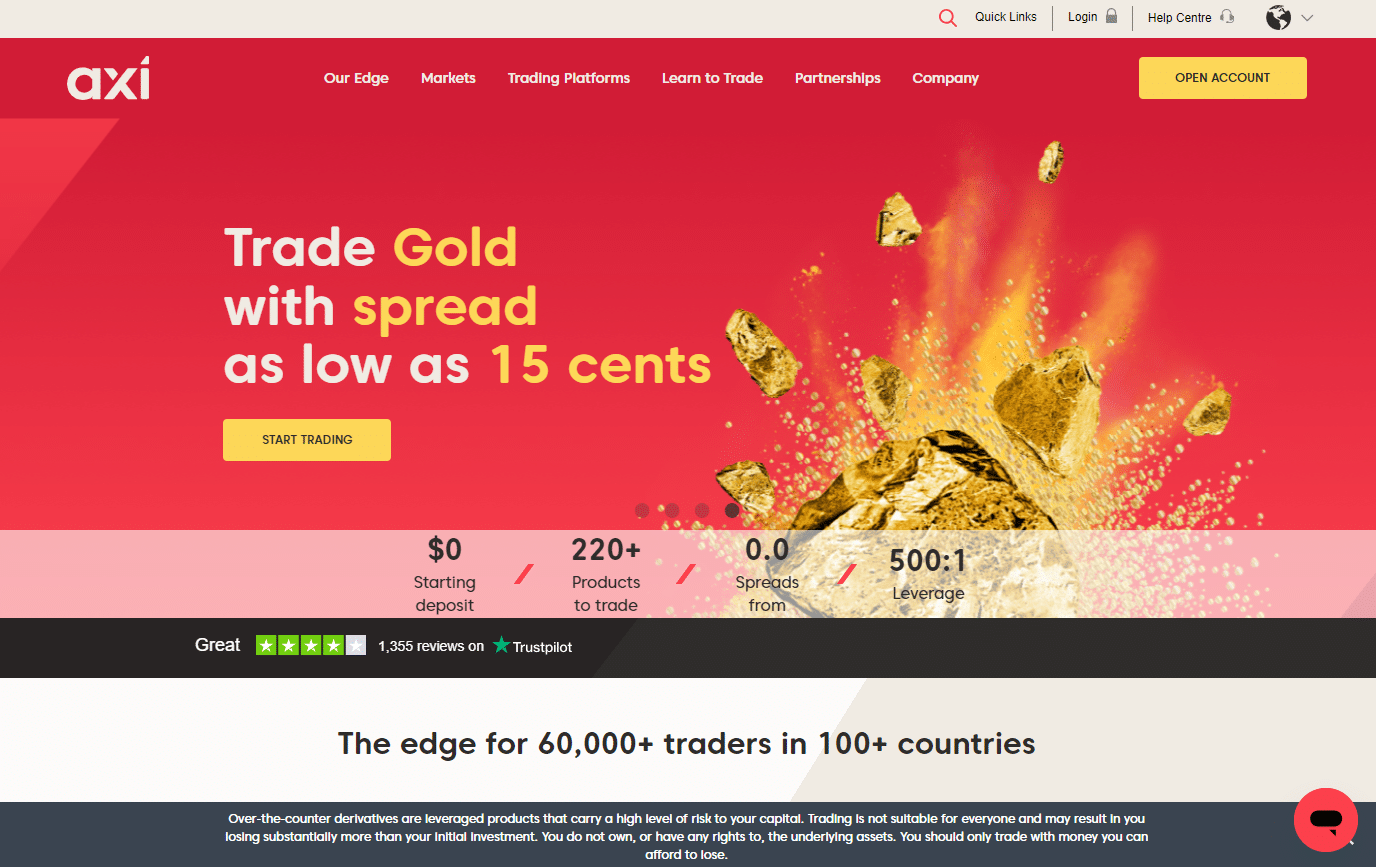
FBS
FBS is a popular Forex Broker that offers traders the chance to trade 550+ instruments across multiple account types and Forex Trading Platforms.
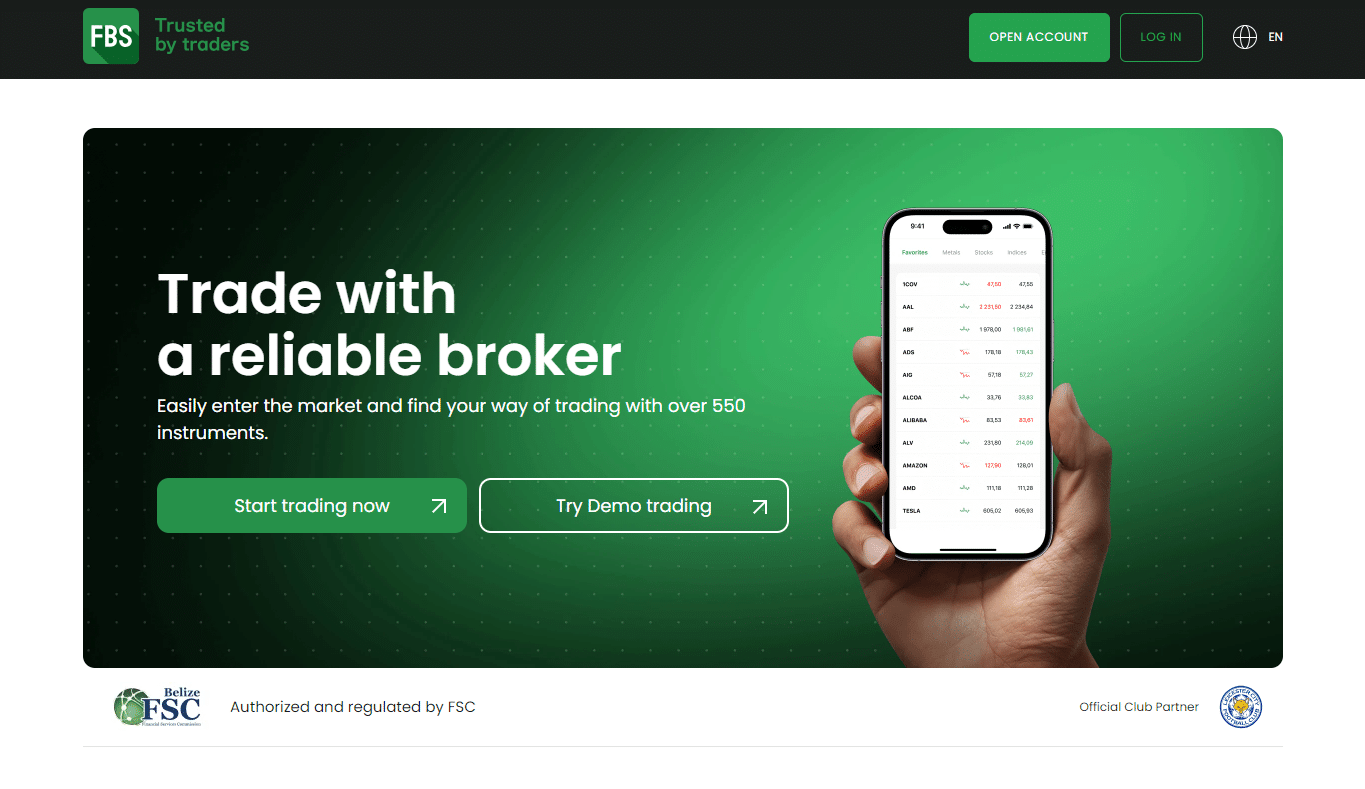
Capital.com
Capital.com is an award-winning Forex Broker that offers access to first-class technology and round-the-clock customer support.
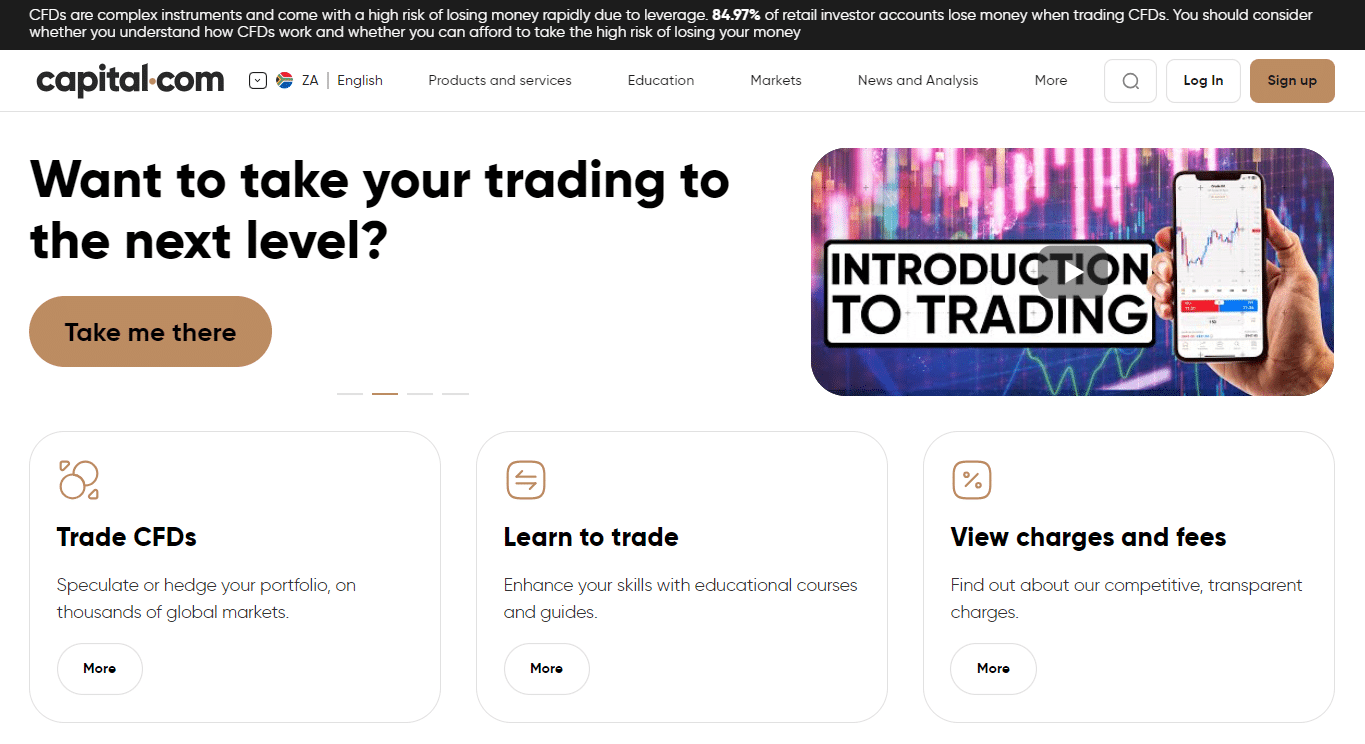
How to Choose a Forex Broker in Dubai
Choosing a forex broker is a critical decision, particularly for Emirati traders. This option is critical because it includes entrusting the broker with your trading capital, assuming it will be available for trading and withdrawals if profits are realized.
For beginners in forex trading, a mistake in broker selection might undo all their hard work and time spent learning trading strategies. Regardless of how good your trading tactics are, a dishonest broker can quickly undermine your efforts by siphoning off your funds.
Consider the following suggestions to help you find a credible forex broker geared to the needs of Emirati traders. By following these guidelines, you can increase your chances of making an informed decision that corresponds with your trading goals and protects you from scams.
Discover what your needs are
Before beginning your search for a broker, undertake an introspective examination of your specific needs. Consider the following:
- ✅ The frequency with which you trade during the day.
- ✅ Whether you aim to profit from modest price swings or seek out larger movements.
Consider using an ECN (Electronic Communication Network) broker if your trading activities mostly entail day trading and you want to profit from tiny price changes.
Furthermore, your available trading capital influences your broker and account type selection. Therefore, consider the following:
- ✅ With minimal funds, concentrate on micro-lot trading.
- ✅ If your capital exceeds $5,000, you can begin daily trading with micro lots.
- ✅ If your capital base exceeds $50,000, you should consider opening a basic lot account.
While ECN brokers charge transaction fees, they provide tighter spreads, critical for trading minute price fluctuations. You can look for “ECN Forex Brokers” explicitly.
Be careful when you consult broker reviews
While broker reviews and online forums can provide useful information, they should be used cautiously. Because forums can contain biased or erroneous information, it is critical to check sources. Consider both positive and negative feedback while reading reviews from credible sources.
While comments might help you make a decision, have a balanced perspective, and examine many points of view.
Test the broker out for yourself
Use demo accounts to evaluate the broker’s trading conditions in a risk-free environment. Check if the demo account accurately matches real-market conditions, such as order execution speed and platform stability.
Successful demo testing reveals the broker’s dependability and compatibility with your trading techniques.
Pay attention to Regulations, Legal Issues, and overall Safety of Funds
Regulation is an important safety for traders’ funds. Check with official regulatory organizations to confirm the broker’s regulatory status.
Licensed brokers must follow industry regulations, such as keeping a specific level of capital and segregating client funds. The regulation provides an additional degree of defense against fraudulent operations.
Trade Execution and Overall Execution Policy
The rapid pace of markets accentuates the criticality of streamlined trade execution. Choose brokers distinguished by their established reputation for swift execution and negligible slippage.
This rapid execution mechanism assures that your trading orders are executed precisely at your designated price, curtailing the ramifications of price fluctuations.
Trading and non-trading Fees
Examine the broker’s fee structure, including spreads, commissions, and non-trading costs. Fee arrangements differ depending on account type and broker model.
Dealing desk brokers may charge spreads, whereas ECN brokers may charge both spreads and commission costs. Select a cost structure that corresponds to your trading frequency and approach.
Trading Platform
The trading platform is the interface via which you interact with the market. Choose a broker with a comprehensive and user-friendly trading platform. Technical analysis tools, real-time charts, and order execution options should all be available on the site.
Check the platform’s stability and dependability, as trading interruptions can impact your results.
Deposits and withdrawals
Deposits and withdrawals should be simple and quick. Choose brokers who accept several payment methods, including local choices for Emirati traders.
Swift deposits allow you to capitalize on trade opportunities, while simple withdrawals ensure prompt access to your assets.
Account Features and Market Range
The variety of account options caters to traders with varied needs and aims. Look for brokers who provide a variety of account types to accommodate different capital quantities and trading methods.
Consider the diversity of trading instruments accessible as well. A broker offering diverse currency pairs, commodities, and other assets broadens your trading options.
Demo Account
A demo account allows you to practice and fine-tune your trading skills without putting real money at risk.
Use the demo account to become acquainted with the broker’s interface, test trading techniques, and assess the efficacy of your approaches. Before moving on to live trading, successful demo trading increases confidence.
Education and Research
Reputable brokers provide traders with educational resources and research materials. Look for brokers who offer instructional materials, including tutorials, e-books, webinars, and seminars.
Overall, access to research tools and market analyses improves decision-making and promotes continual learning.

The Basics of Forex Trading in Dubai
Dubai is a pivotal financial and investment hub in the Middle East, which has seen a surge in interest in forex trading, encompassing the exchange of foreign currencies. As Emiratis increasingly consider participation in this promising sector, a firm grasp of its essential underpinnings becomes a requisite for proficiently navigating its intricacies.
Choosing the Right Trading Platform
Many platforms cater to Forex traders, with MetaTrader 4 (MT4) and MetaTrader 5 (MT5) being the standout options.
These platforms provide robust charting capabilities, automated trading features, and diverse analytical resources. For Emiratis, the choice of a platform should be driven by its compatibility with their specific trading approach and aspirations.
Cultural and Ethical Considerations
Because Dubai is primarily Muslim, some brokers offer Islamic trading accounts. These accounts adhere to Sharia law, which prohibits generating interest, allowing Muslim traders to participate without jeopardizing their beliefs.
Risk Management
Due to the volatile nature of the Forex market, risk management is critical. Emiratis should become acquainted with techniques such as stop-loss orders, which minimize potential losses by automatically canceling a deal when a specified level is met.
Similarly, take-profit orders can be configured to lock in profits at a specific level.
Understanding the Forex Market
The Forex market is grounded in trading currency pairs, epitomized by the EUR/USD trading endeavor. This endeavor essentially entails gauging the inherent might of the Euro in contrast to the US Dollar.
In this partnership, the primary currency is christened, the ‘base’ currency, while the succeeding currency assumes the role of the ‘quote’ currency. With its perpetual operation, this market remains active 24/5, governed by pivotal financial hubs including London, New York, Tokyo, and Sydney.
The Importance of Economic Indicators
Economic indicators like GDP growth, interest rates, and inflation influence currency values. Staying abreast of both worldwide and regional economic news is crucial for Emiratis.
Furthermore, factors like oil prices that wield substantial influence over the UAE’s economic landscape are of special significance.
Regulation is Key
Before engaging in trading, Emiratis must confirm that they are dealing with a broker regulated by the Dubai Financial Services Authority (DFSA) or the Central Bank of the UAE.
Alternatively, regulation and licenses from ASIC, FSCA, FCA, CySEC, and other reputable entities are essential. Furthermore, these regulating agencies ensure brokers operate transparently, shielding traders from potential fraud.
Leverage and Its Double-Edged Sword
Leverage is a mechanism that grants traders the ability to wield a more substantial market presence despite deploying diminished capital.
While capable of magnifying gains, this approach also introduces the potential for escalated losses. Navigating the intricacies of leverage’s functioning and employing it astutely is essential.
Continuous Learning and Emotional Discipline
The Forex market is constantly changing. Emiratis should commit to continual learning and updating their methods and knowledge regularly.
Furthermore, maintaining emotional discipline, avoiding rash decisions, and adhering to a well-planned strategy might mean the difference between success and failure.
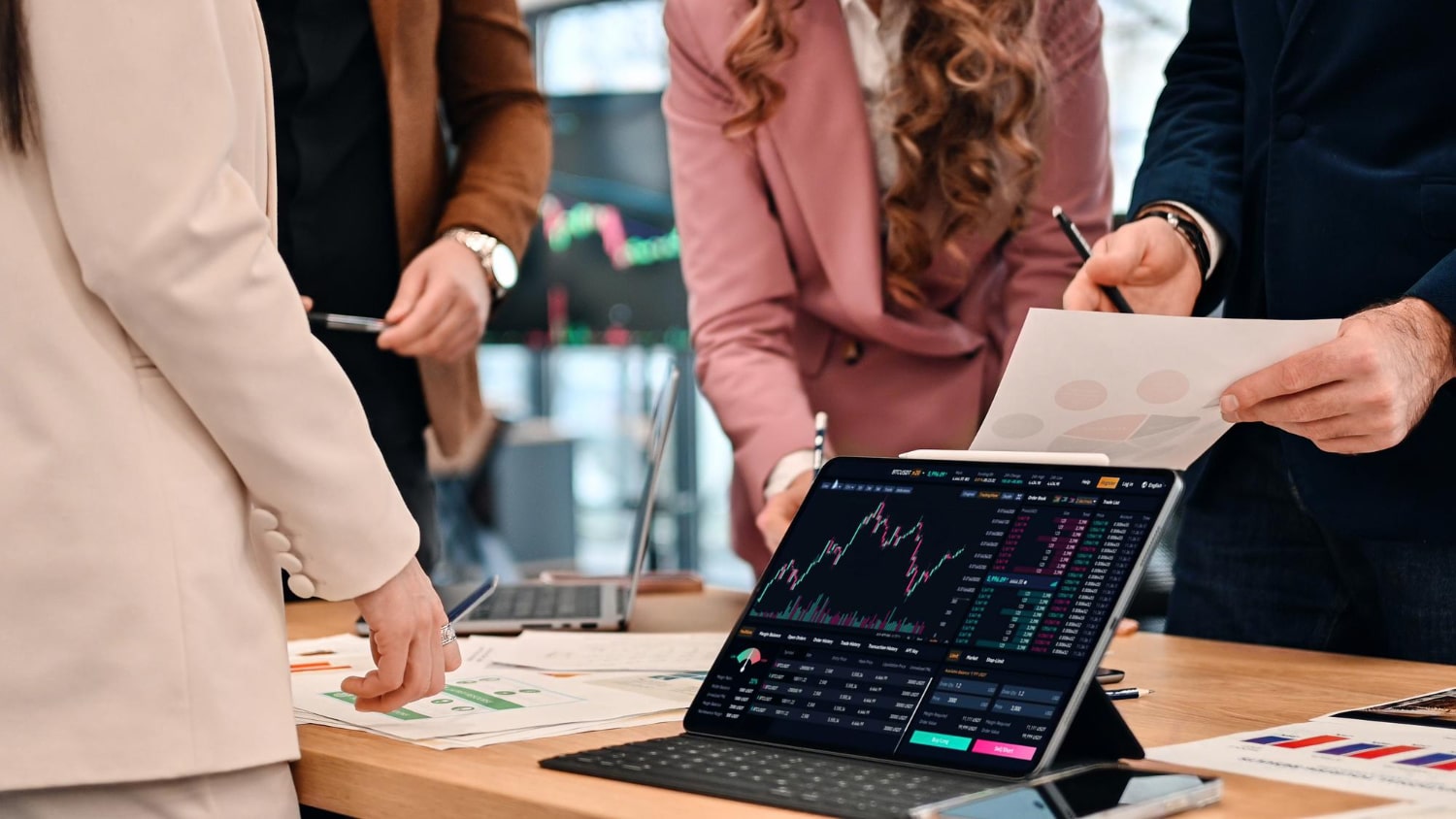
20 Need to Know Forex Terms
- ✅ Leverage: Leverage is a tool that allows traders to control a greater position with less capital. It magnifies both possible earnings and losses.
- ✅ Fibonacci Retracement: A technical analysis tool based on the Fibonacci sequence that uses horizontal lines to suggest probable support and resistance levels.
- ✅ Hedging: Hedging is a strategy for offsetting possible losses from one investment with another.
- ✅ Pip (Percentage in Point): The smallest price fluctuation in the Forex market, usually the fourth decimal place in most currency pairs.
- ✅ Lot: A lot is a typical trade unit in the Forex market. A standard lot is equal to 100,000 units of the underlying currency.
- ✅ Bullish/Bearish: Terms used to define the market’s direction. Bullish prices suggest rising prices, whereas bearish prices indicate declining prices.
- ✅ Overbought/Oversold: Technical terms used to characterize market circumstances. Overbought indicates a possible collapse, while oversold indicates a possible increase.
- ✅ Fundamental Analysis: A way of determining the value of a currency by examining economic, social, and political aspects.
- ✅ Margin: The amount required to open a deal in a trader’s account. It serves as collateral for leveraged trading.
- ✅ Scalping: A trading method in which many little trades are made to profit from slight price swings.
- ✅ Candlestick Chart: A chart that shows the high, low, opening, and closing prices for a certain period. It can be used to visualize price movements.
- ✅ Rollover: The procedure of extending an open position’s settlement date by rolling it over to the next trading day.
- ✅ Exotic Pairs: Currency pairs with one major currency and one currency from a developing or smaller economy, such as USD/TRY (US Dollar/Turkish Lira).
- ✅ Drawdown: The decrease in the balance of an account from its peak to its trough, usually expressed as a percentage.
- ✅ Equity: The total value of an account, including all open positions, is referred to as equity. It is the total of the balance and any unrealized earnings or losses.
- ✅ Bid/Ask Spread: The difference between the price at which a currency can be purchased (ask) and the price at which it can be sold (bid).
- ✅ Slippage: Slippage is the discrepancy between a trade’s estimated price and the price at which it is performed. It can happen during times of extreme volatility.
- ✅ Swap: A swap is an overnight interest rate payment or deduction made to maintain a position overnight. It is based on the difference in interest rates between the two currencies.
- ✅ Liquidity: The ability of an asset to be easily turned into cash without influencing its price is referred to as liquidity. Major currency pairs, such as EUR/USD, are quite liquid.
- ✅ Breakout: A price move over or below a barrier or support level, frequently with higher volume, signaling a potential continuation in that direction.

Understanding Forex Charting
In the realm of Forex trading, charts are critical tools for traders to use to evaluate the market and make informed decisions. These visual depictions of price fluctuations provide insight into probable future price movements.
While many other types of charts are used in Forex trading, three stand out: line charts, bar charts, and candlestick charts. Each of these charts provides a distinct view of the market, and understanding them is essential for both novice and expert traders.
Line Chart
A line chart is the most basic type of chart in Forex. It uses a continuous line to connect closing prices over a certain period. This chart shows the general price movement over time in a clear graphic, making it easier to recognize and understand overarching trends.
While it lacks the precise information available in other types of charts, its simplicity makes it a good place to start for beginners.
Strategies using Line Charts
- ✅ Trend Following: Traders recognize the market’s general direction and trade in that direction.
- ✅ Identifying Support and Resistance Levels: Traders can discover possible support and resistance levels by noting where the price tends to shift direction.
- ✅ Breakouts: Breakout trading occurs when the price moves above or below a support or resistance level on a line chart, indicating a potential breakout.
Bar Chart
Bar charts, often known as OHLC (Open, High, Low, Close), contain greater detail than line charts. Each bar represents a period (such as a day, hour, or minute) and shows the opening, closing, high, and low prices.
The vertical line of the bar represents the complete range of trade prices for the period, while the horizontal notches on the bar represent the opening and closing prices.
Strategies using Bar Charts
- ✅ Range Trading: Traders can spot moments of consolidation and trade inside these ranges by analyzing the high and low prices on the bar.
- ✅ Swing Trading: Traders detect possible market swing points by analyzing the bars’ highs and lows.
- ✅ Breakout Strategy: Breakouts can be confirmed by the closing notch above or below a resistance or support level.
Candlestick Chart
Candlestick charts originated in Japan and have become one of the most popular chart patterns in Forex trading. Each candlestick represents a period and displays the open, high, low, and closed prices.
The candlestick’s main body (or “true body”) displays the price range between the opening and closing prices, while the “wicks” or “shadows” reflect the high and low values. Different hues (typically red and green) depict bullish and bearish price fluctuations on candlesticks.
Strategies using Candlestick Charts
- ✅ Momentum Trading: Traders utilize candlestick formations such as “Three White Soldiers” to identify strong market momentum.
- ✅ Patterns of Continuation: Patterns such as “Bullish Engulfing” or “Bearish Harami” might indicate the continuation of a trend.
- ✅ Patterns of Price Reversal: Patterns such as “Doji,” “Hammer,” and “Shooting Star” can suggest probable price reversals.
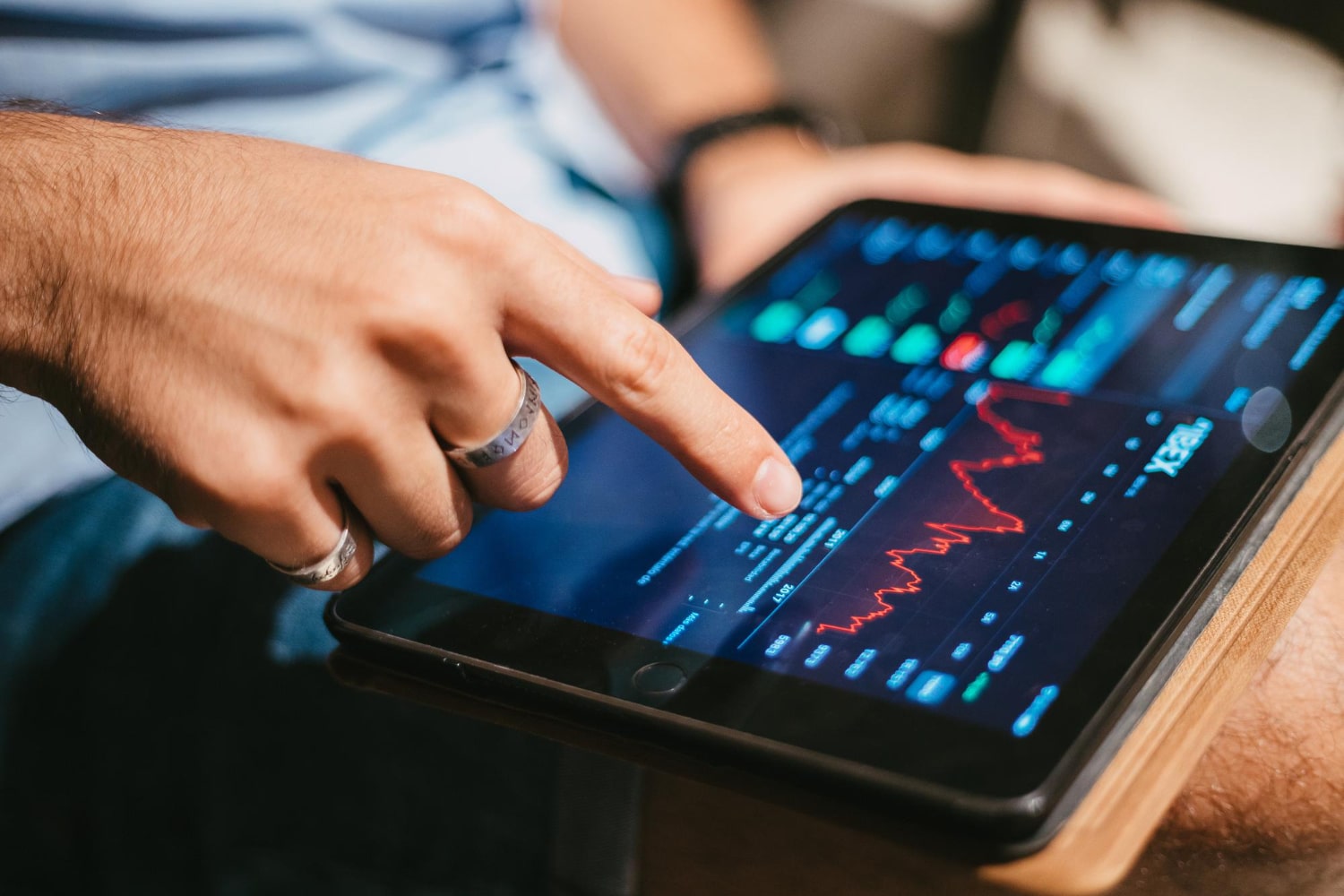
Effective Risk Management for Emirati Forex Traders
Risk management is the cornerstone of successful Forex trading, especially in a dynamic market environment like the UAE.
For Emirati traders, balancing the allure of potential profits with the inherent risks of the Forex market requires a blend of traditional strategies and innovative approaches tailored to the region’s unique economic landscape.
Here is a comprehensive look at effective risk management for Emirati Forex traders.
Emotional Resilience Training
Trading can be an emotional roller coaster. Emirati traders can benefit from mindfulness techniques, meditation, or professional counseling to increase emotional resilience, allowing them to make clear decisions rather than emotional duress.
Regular Portfolio Reviews
Setting aside regular intervals (monthly or quarterly) to examine and rebalance the trading portfolio can help Emirati traders align with long-term aims and respond to changing market dynamics.
Collaborative Trading Communities
Creating or joining local trading communities can be quite beneficial. Sharing perspectives, methods, and experiences with other Emirati traders can provide collective wisdom and a safety net against potential market blind spots.
Currency Correlation Awareness
Certain currency pairs are highly connected, moving in lockstep due to economic or geopolitical events. Emirati traders should be aware of these linkages to avoid unwittingly doubling their exposure to a specific risk.
Setting Realistic Profit and Loss Thresholds
While setting stop-loss and take-profit points is typical advice, Emirati traders should also establish a daily or weekly profit and loss threshold. When achieved, it is a signal to take a step back, assess, and avoid overtrading.
Continuous Education
The worldwide Forex scene is constantly changing. Attending seminars, webinars, and courses regularly, particularly those focusing on the Middle Eastern market, can offer Emirati traders new insights and techniques.
Understanding Local Economic Dynamics
Dubai and the wider UAE have distinct economic structures significantly influenced by oil prices, real estate dynamics, and regional geopolitics.
Emirati traders should keep up with local news and economic statistics because they might directly impact the AED and other regional currencies.
Diversification Beyond Oil
While oil is important in the Middle East, Emirati traders should diversify their portfolios beyond oil-related currency pairs. Exploring pairs related to developing technology, tourism, or renewable energy can provide a hedge against volatility in the oil market.
Sharia-Compliant Trading
Many Emirati traders look for Sharia-compliant trading accounts that do not charge “Riba” or interest. While this is consistent with Islamic beliefs, it eliminates overnight swaps (interest fees), lowering costs and unexpected losses.
Use Technology
Emirati traders can leverage various cutting-edge technologies on modern trading platforms. These include advanced AI-driven analytics, predictive modeling capabilities, and algorithmic trading features.
By harnessing these tools, Emirati traders gain the power to improve their market forecasting abilities and employ proactive strategies effectively.
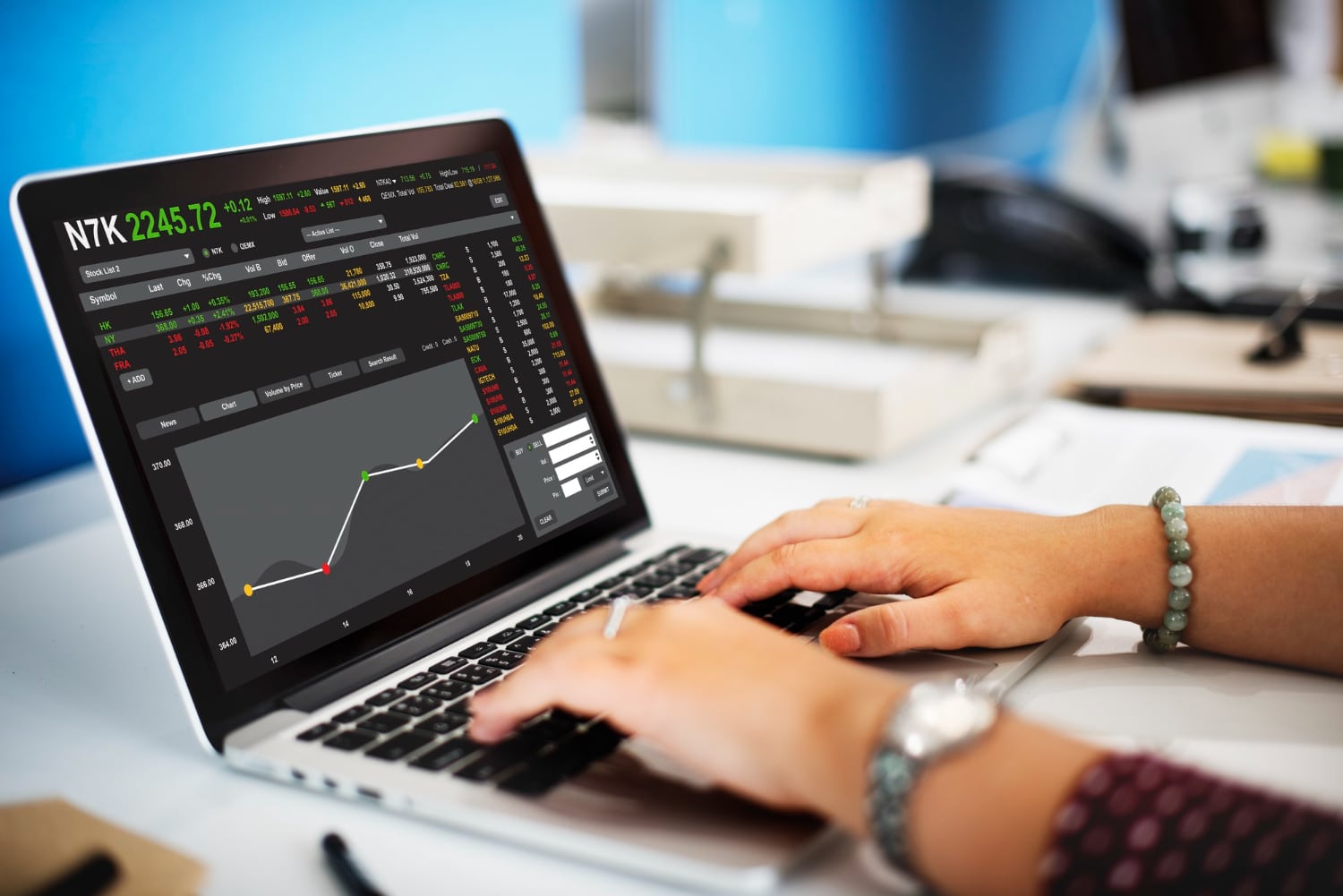
Best Forex Strategies for Emirati Traders Revealed
Dubai’s ever-changing economic landscape and position as a pivotal global financial center opens up distinctive avenues for Emirati traders within the Forex realm.
While conventional strategies offer a firm foundation, Emirati traders can elevate their success potential by implementing approaches meticulously tailored to Dubai’s distinct market dynamics.
Dubai Real Estate Correlation Trading
The real estate market in Dubai is sometimes used as a barometer for the country’s economic health. Emirati traders can track real estate trends and correlate them with AED or other regional currencies. A thriving real estate market can strengthen the AED, opening trade opportunities.
Islamic Finance Instruments Integration
Dubai is a center for Islamic finance. Emirati traders can include Sukuk bond concepts or other Sharia-compliant securities into their Forex tactics, providing a unique blend of traditional finance and Forex trading.
Algorithmic Trading with Local Data
While algorithmic trading is widely used worldwide, Emirati traders can feed their algorithms with local data sources, such as Dubai’s stock exchange movements, real estate indexes, or even local news sentiment, to provide more personalized trading signals.
Middle Eastern Geopolitical Analysis
Because of the region’s geopolitical importance, Emirati traders might create tactics based on political events, talks, or confrontations. Peace accords or regional partnerships, for example, can have an impact on currency strength.
Infrastructure Development Correlation
International partnerships are frequently involved in Dubai’s infrastructure projects, such as new metro lines, islands, or business parks. Emirati traders can link these initiatives to currency pairs involving the countries of the parties involved.
Oil Price Momentum Trading
While diversification is important, there is no doubt that oil prices have a significant impact on Middle Eastern economies.
Emirati traders can focus on momentum swings instead of typical oil price tracking, capturing short-term price moves triggered by abrupt geopolitical or supply-demand shocks.
Gold Souk Sentiment Analysis
Dubai’s gold markets wield substantial influence on the global stage, standing tall among the largest.
Emirati traders possess the capacity to keenly scrutinize patterns prevailing in the gold souk and undertake meticulous assessments, drawing parallels with the shifts in gold-backed currency evaluations and even the trajectory of the AED.
Seasonal Trading Patterns
Shopping festivals, real estate expos, and even cultural events occur during certain seasons in Dubai. Emirati traders might plan their strategy based on these seasons, anticipating currency inflows and probable AED strength.

Spot, Forwards, and Futures in Forex Trading
As the largest financial arena globally, the Forex market offers abundant prospects for traders to speculate on shifts in currency prices.
Three market segments are highlighted within the myriad of available methods: Spot, Forwards, and Futures. Each market exhibits unique operational dynamics, catering adeptly to specific trading preferences and methodologies.
Spot Market
The spot market, often known as the “Forex market,” is where currencies are purchased and sold depending on their current price.
This price is affected by various factors, including current interest rates, economic performance, public perception of present political events, and expectations for future performance.
Key Features of the Spot Market
- ✅ Spot market trades are settled “on the spot,” usually within two business days.
- ✅ It is the exchange of one currency for another.
- ✅ The Spot market is the largest of the three and is frequently referred to when people discuss the Forex market.
- ✅ The Spot market is highly liquid due to its large size and many participants, ensuring price stability and regular spreads.
- ✅ There is no physical money exchange, even though it is a straight transaction. Because everything is computerized, transactions are quick.
Forwards Market
In the forward market, individuals or entities agree to buy or sell a specific amount of currency at a predetermined price.
However, this transaction is set to be completed at a later date. These agreements are bilateral contracts created for two parties – usually involving a trader and a financial institution.
Key Features of the Forwards Market
- ✅ Forward contract terms, such as size, expiration date, and settlement terms, can be tailored to the needs of the parties concerned.
- ✅ Businesses and investors frequently utilize forwards to protect themselves against negative future currency rate changes.
- ✅ Forwards, unlike Futures, are exchanged on a decentralized market, making them OTC (over-the-counter) instruments.
- ✅ Because they are OTC instruments, there is a danger that one party will breach their contractual obligations.
Futures Market
The Futures market, like the forward market, comprises contracts to purchase or sell a particular amount of a currency on a future date at a predetermined price. On the other hand, futures contracts are standardized and exchanged on controlled exchanges, as opposed to forward contracts.
Key Features of the Futures Market
- ✅ Futures contracts are available in various sizes, expiration dates, and other terms. This standardization makes trading on exchanges easier.
- ✅ They are traded on dedicated exchanges, ensuring pricing transparency and the possibility of trading positions.
- ✅ To trade futures, traders must deposit an initial margin, which guarantees the contract’s completion.
- ✅ Because they are exchanged on controlled exchanges that serve as intermediaries between buyers and sellers, the danger of default is greatly decreased.
- ✅ While corporations utilize futures to hedge against negative price swings, many traders use them for speculative purposes due to the leverage they provide.
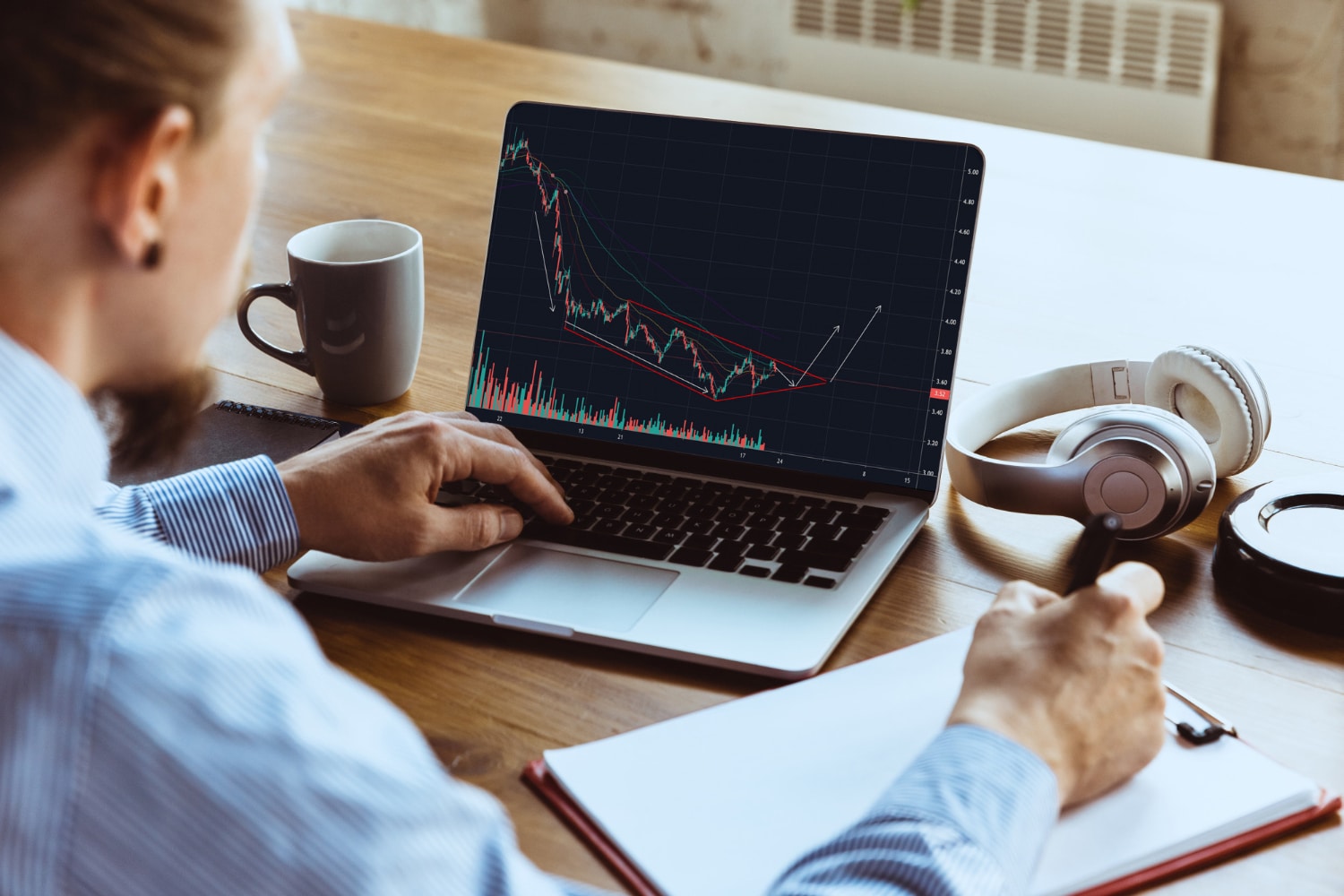
An Introduction to Forex Brokers
Flourishing amidst Dubai’s bustling financial hub, Forex trading has marked its territory, luring beginner and adept traders amid the ever-changing urban panorama and dynamic economic canvas.
The linchpin of this thriving framework is occupied by Forex brokers, acting as vital intermediaries that establish a connection between retail traders and the intricate world of currency markets.
What is the Role of a Forex Broker?
Forex brokers operating within Dubai’s dynamic milieu undertake a range of responsibilities. While their primary objective is facilitating trader participation in the currency market, their duties encompass a more extensive scope.
- ✅ Technical Tools and Analysis: To cater to Dubai’s tech-savvy traders, modern brokers offer complex trading platforms outfitted with extensive charting tools, indicators, and automated trading capabilities.
- ✅ Regulatory Adherence: In Dubai, where financial rules are strict, brokers guarantee that local laws are followed, providing traders with security and trust.
- ✅ Liquidity: Brokers frequently have links with major banks and financial organizations. They ensure that traders may execute orders seamlessly, even in unpredictable market conditions, by pooling liquidity from these sources.
- ✅ Education: Many brokers offer instructional resources, webinars, and seminars customized to the region’s trading environment, recognizing the unique combination of traders in Dubai, from ex-pats to local Emiratis.
- ✅ Market Access: At its most basic, brokers provide a platform for traders to buy and sell foreign currencies. Individual traders are connected to the worldwide Forex market, which would otherwise be inaccessible to retail participants.
Given the capital-intensive nature of Forex trading, Dubai brokers offer leverage, allowing traders to control larger positions with a very modest amount of capital. This increases both the possible earnings and the risks.
How do Forex Brokers Make Money?
Dubai’s financial infrastructure requires openness, and understanding how Forex brokers generate revenue is critical for city traders. Here are some of the ways brokers earn revenue:
- ✅ Account Fees: Some Dubai brokers may impose account maintenance, inactivity, or fees for premium services and advanced trading tools regularly.
- ✅ Leverage Revenue: When brokers offer leverage, they lend money to traders. Brokers receive interest on the leveraged amount, while traders benefit from the potential for bigger returns.
- ✅ Commissions: Some brokers charge a fee for each trade that is completed. This is especially popular with ECN brokers connecting traders directly with liquidity providers.
- ✅ Swap Rates: When traders hold positions overnight, they can receive or pay a swap or rollover rate. Brokers could profit from this difference.
The spread, which is the difference between the bid (buy) and ask (sell) price of a currency pair, is the principal source of income for most brokers. Brokers may offer narrower spreads on big pairs and broader spreads on exotic or less frequently traded pairings.

Ask and Bid Price in Forex Trading
Understanding the fundamental ideas of ‘Ask’ and ‘Bid’ pricing is critical in the complex world of Forex trading. These are the two sides of any currency trade and the foundation of all Forex operations.
The Bid Price
The ‘Bid’ price is the amount a trader can sell a currency pair. It denotes the most a buyer (or purchasers) is willing to pay for an underlying currency. Understanding the bid price is critical for Emirati traders when attempting to exit a position.
For example, if a trader in Dubai wishes to sell the EUR/USD pair, the bid price is the amount received for each Euro sold.
The Ask Price
The ‘Ask’ price, or the ‘Offer’ price, is the amount a trader will pay to buy a currency pair. It denotes the lowest price a seller (or sellers) will accept for an underlying currency.
When an Emirati trader wants to enter a position, the asking price determines how much the trade will cost. Using the EUR/USD as an example, if a trader in Dubai wants to buy the pair, the asking price is the amount they will pay for each Euro they buy.

Spread and Pips in Forex Trading
A thorough understanding of the fundamental principles underlying ‘Spread’ and ‘Pips’ is crucial when Emiratis participate in Forex trading. This significance is especially pronounced for traders who place a premium on meticulous cost assessment and the accurate projection of potential earnings.
Understanding the Spread
The ‘Spread’ differs between a currency pair’s ask and bid prices. It denotes the broker’s profit margin (excluding commissions or fees). The spread is an important factor for Emirati traders because it is a key cost of trading.
A narrower spread usually implies a more liquid market, whereas a broader spread can imply less liquidity. For example, big pairs such as EUR/USD or GBP/JPY may have tighter spreads than more exotic or less often traded pairs.
The Role of Pips in Forex
A ‘Pip’ is an abbreviation for “Percentage in Point,” and it is the smallest price adjustment that a specific exchange rate can make according to market convention. It is a defined unit of measurement that allows traders to express how much a currency pair has appreciated or depreciated.
Understanding pips is critical for Emirati traders when calculating earnings and losses. A pip is represented as the fourth decimal place in most currency combinations. However, the second decimal place is commonly used for combinations involving the Japanese Yen.
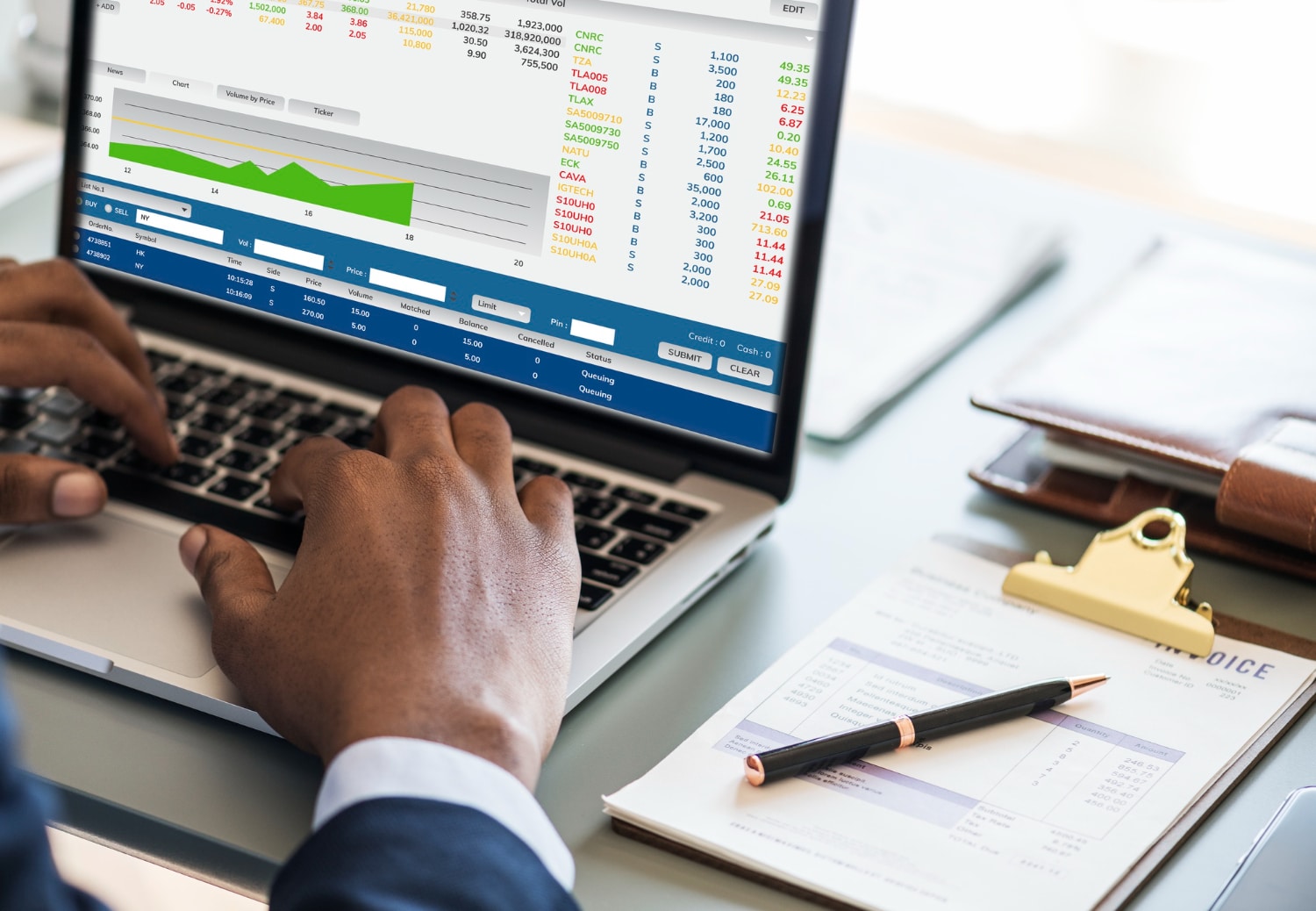
An Introduction to Day Trading
Day trading, an increasingly favored strategy embraced by traders in key financial hubs like Dubai, involves executing multiple trades within a single trading day. This method leverages minute price fluctuations within currency pairs to secure profits.
Characteristics of Day Trading
Day trading has the promise of quick gains for Emirati traders. Unlike other trading strategies that hold positions for days, weeks, or even months, day traders close all holdings by the conclusion of the trading day. This method reduces the risks associated with overnight market volatility.
Advantages for Emirati Traders
Day trading allows Emirati traders to capitalize on the Forex market’s dynamic character.
With markets open 24 hours a day, traders in Dubai can trade throughout any global market session, including those in Tokyo, London, and New York. This adaptability can result in many trading opportunities in a single day.
Challenges and Considerations
Day trading necessitates a thorough understanding of market analysis, rapid decision-making, and a solid risk management approach. The fast-paced nature of day trading can magnify earnings and losses for Emirati traders.

An Introduction to Swing Trading
Swing trading, a method well-suited to Dubai’s diversified trading community, focuses on capturing price “swings” or fluctuations over a longer period than day trading, generally days to weeks.
The Essence of Swing Trading
Swing traders seek to profit from currency pair momentum. They identify possible upward (bullish) or downward (bearish) market movements and enter trades based on these expected price movements.
Benefits for Emirati Traders
Swing trading provides Emirati traders with a balanced strategy. It does not necessitate the continual attention of day trading while offering higher potential rewards than long-term techniques.
Thanks to Dubai’s advantageous time zone, Emirati traders can study market movements from numerous worldwide sessions, discovering possible swing trading opportunities.
Key Considerations
Swing trading necessitates a thorough knowledge of technical analysis to identify suitable entry and exit positions. Global news events should also be kept in mind by Emirati traders, as they can considerably impact currency pair patterns.

An Introduction to Scalping in Forex Trading
Embraced by traders in search of swift trading chances, scalping is a prevalent method. It revolves around executing multiple minor trades during the trading day to harness marginal price shifts.
The Scalping Approach
As traders who use this approach are known, scalpers may maintain positions for only a few minutes or even seconds. The goal is to earn little profits that, when added together, result in large returns at the end of the trading day.
Why Scalping Appeals to Emirati Traders
Because of Dubai’s status as a global financial center, the market witnesses a convergence of trading tactics and approaches. Scalping attracts Emirati traders with a high-risk tolerance and a desire for quick gains.
The city’s infrastructure, which includes high-speed internet and access to cutting-edge trading platforms, also supports the scalping trading technique.
Considerations for Scalping
Scalping necessitates a trader’s full concentration and a sharp awareness of market nuances. Emirati scalpers must have a clear strategy, quick reactions, and access to real-time market data.
Furthermore, selecting a broker with low spreads can substantially impact the profitability of a scalping technique.

Base and Quote Currencies in Forex Trading
Forex trading revolves around currency pairs encompassing two separate currencies, each contributing uniquely to the intricate trading dynamics.
Base Currency
The ‘Base Currency’ within a currency pair is the initial currency mentioned, acting as a reference point for the exchange rate of that pair.
In the context of trading, when Emirati traders engage in buying or selling a currency pair, they are essentially engaging in buying or selling the base currency. In the EUR/USD pair, the Euro serves as the base currency. An exchange rate of 1.2000 indicates that one Euro holds a value of 1.20 US dollars.
Quote Currency
The ‘Quote Currency,’ sometimes known as the ‘Counter Currency,’ is the pair’s second currency. It denotes the amount of the quote currency required to acquire one unit of the base currency.
The US Dollar is the quote currency in the context of our EUR/USD example. The figure represents the number of US dollars required to purchase one Euro.

The Importance of Market Sentiment in Forex Trading
Market sentiment is a powerful force that often drives currency price changes just as much as economic indicators or geopolitical events. Understanding and assessing market sentiment is critical for Emirati traders while navigating the difficult waters of currency trading.
Defining Market Sentiment
Market sentiment, known as the “market mood,” encompasses the consolidated sentiment of traders concerning a particular currency or the entirety of the Forex market. It represents the unified evaluation of participants’ overall positive or negative sentiments.
Sentiment’s Role in Influencing Currency Prices
The fundamental concept behind currency prices lies in their portrayal of the market’s assessment of a country’s or economic zone’s present and future economic vitality.
When traders express optimism about an economy, they are more likely to purchase its currency, propelling its value upwards. Conversely, a negative outlook can induce selling tendencies, decreasing the currency’s value.

The Effects of Leverage in Forex Trading
The Forex market revolves around the pivotal concept of leverage, a factor that has captivated and stirred caution among traders on a global scale. In this dynamic realm, understanding the nuanced role of leverage becomes pivotal.
Emirati traders must grasp its twofold impact, positioning themselves to navigate risk and preserve their financial resources prudently.
Understanding Leverage in Forex
Forex Leverage signifies the capacity to manage substantial positions using minimal capital. This concept is represented as a ratio of 100:1, indicating that a trader can oversee a position valued at $100 with just $1 of capital.
The Allure of Leverage
The primary attraction of leverage rests in its capacity to generate increased profits. For instance, a mere 1% price shift favoring a leveraged position could yield substantial returns based on the trader’s initial margin or deposit.
With its inherent leveraging capability and the promise of significant gains, Forex trading has garnered considerable interest from Emirati traders.
The Risks Associated with Leverage
However, the same leverage that boosts earnings can also boost losses. A minor negative currency-value fluctuation can swiftly deplete a trader’s capital, resulting in margin calls or position liquidation.
It is critical for traders, particularly those in volatile markets such as Dubai, to recognize that leverage raises both the potential for profits and the risk of substantial losses.

5 Best Forex Brokers in Dubai with Free VPS Hosting
Pepperstone
Pepperstone has created relationships with respected VPS providers FXVM and New York City Servers, guaranteeing that VPS solutions are accessible and cost-effective.
Furthermore, these VPS choices ensure continuous trading, professional adviser support, and strong backup systems to protect valuable trading activities.
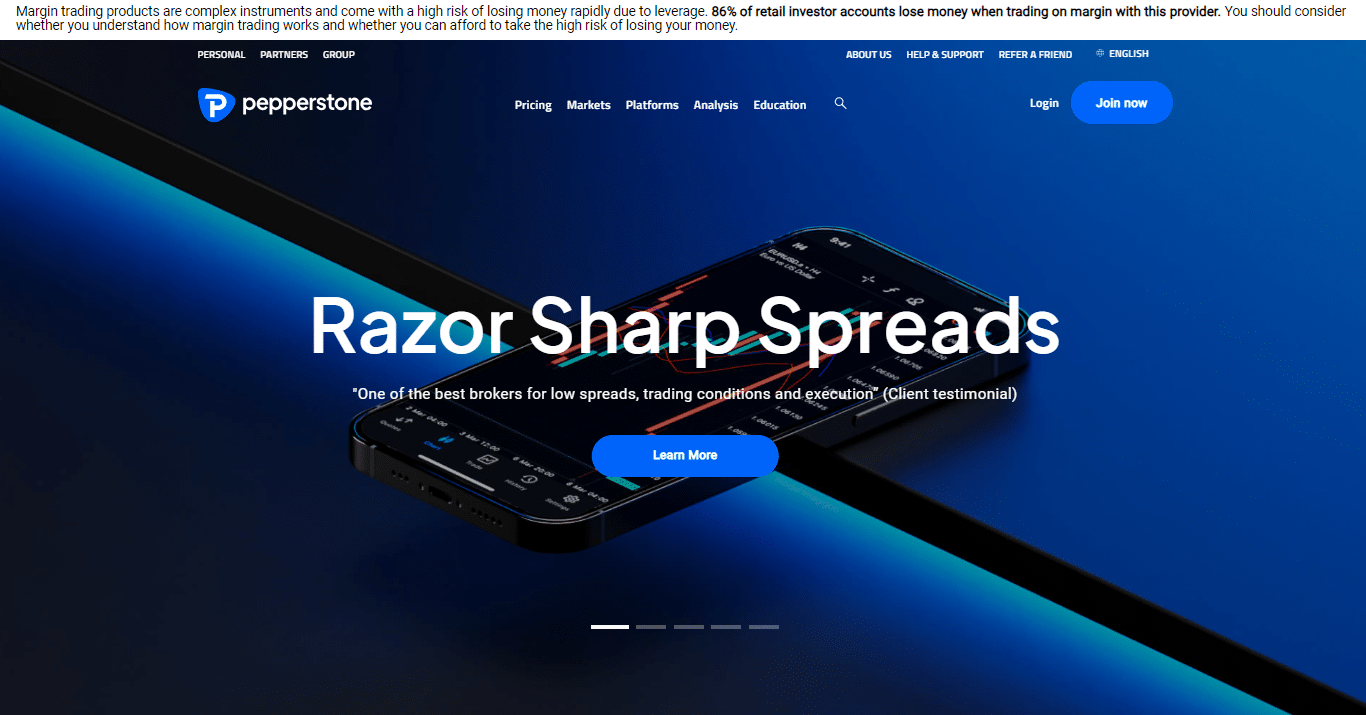
Exness
Exness takes pride in providing strategically located VPS hosting close to their MT servers, allowing for quick and secure global trading. Traders can tune the performance of their Expert Advisors (EAs) to ensure smooth functioning even when internet stability fluctuates.
To be eligible for Exness VPS, Emirati traders must have a free margin of at least $100 and a deposit of at least $500, indicating their dedication to serious trading.
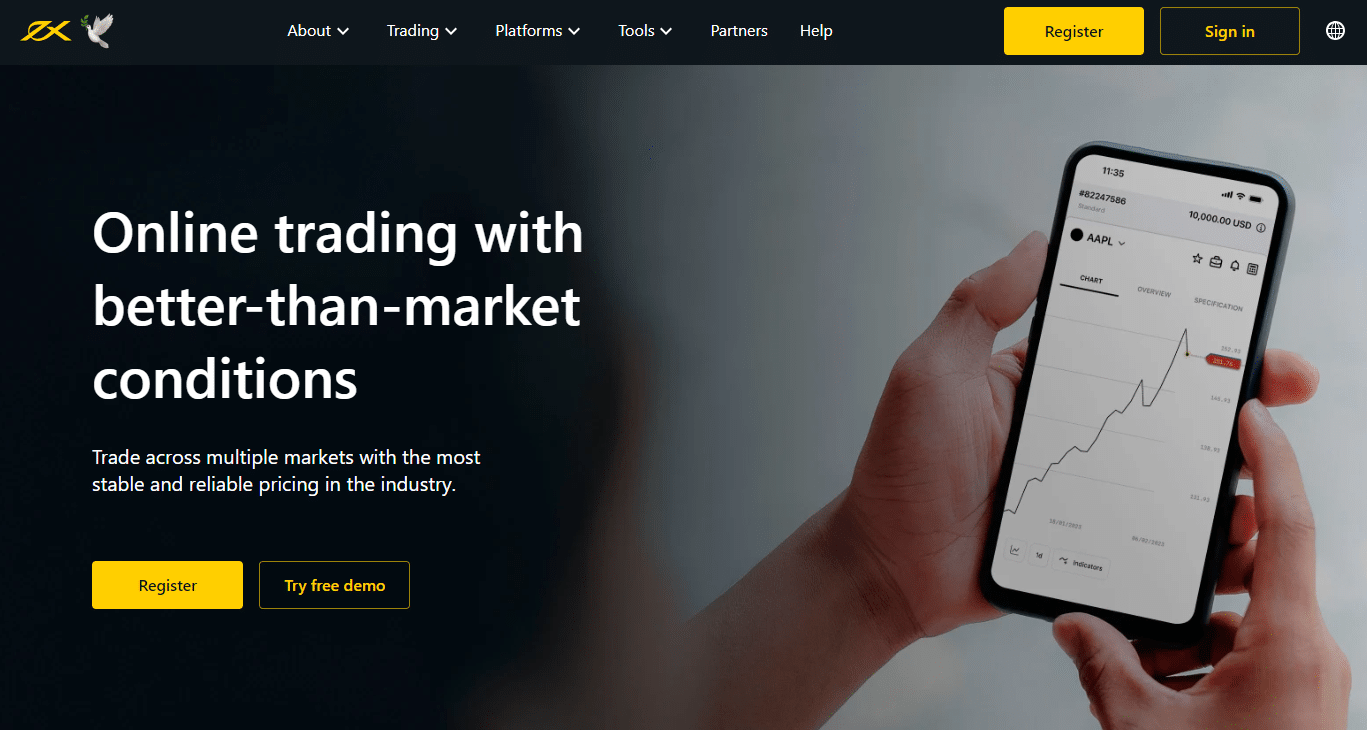
HFM
HFM has formed a relationship with Beeks Financial Cloud to provide specialized VPS hosting solutions that meet the specific needs of traders. This collaboration ensures low-latency VPS hosting, which is required for seamless and speedy transaction processing.
HFM attempts to improve trading performance through its low-latency VPS solutions, offered for free or a monthly subscription of $30, offering Emirati traders various alternatives for best trading circumstances.
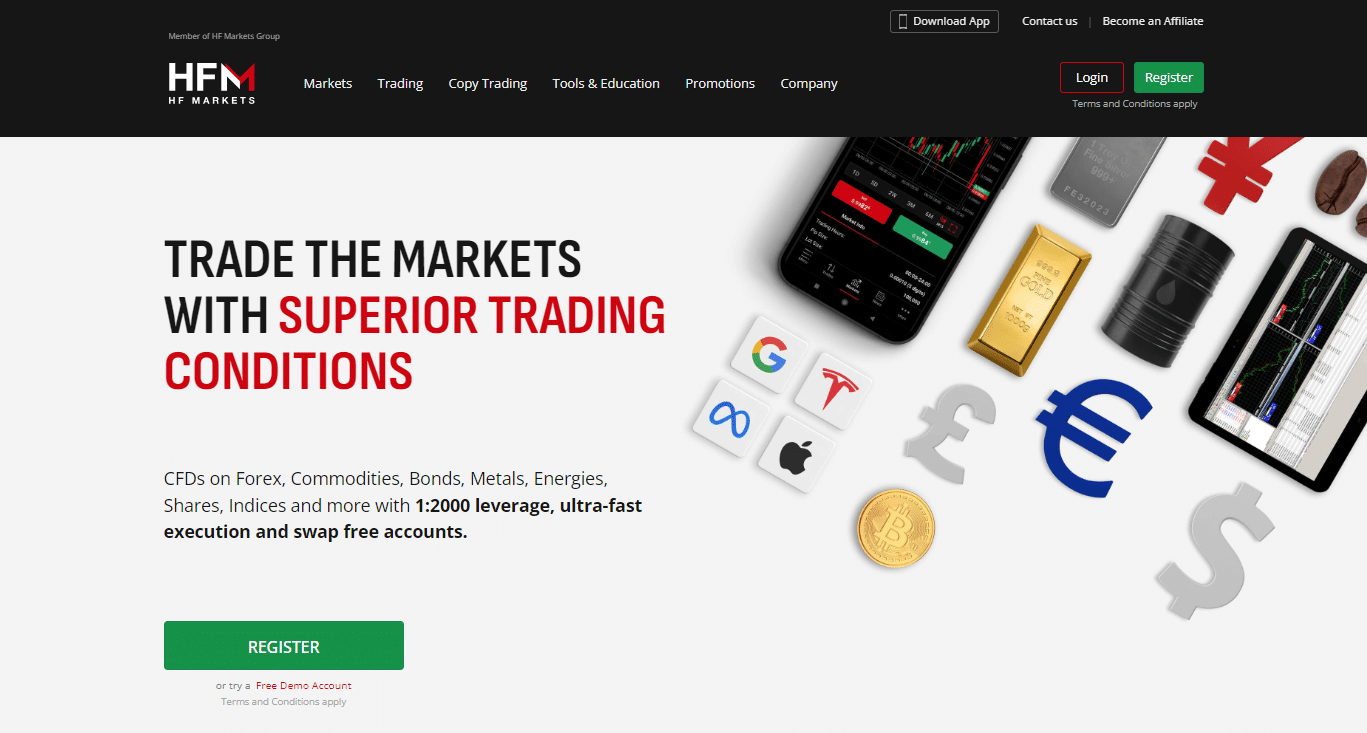
IC Markets
IC Markets emphasizes its partnership with Equinix data center VPS providers, specifically Equinix NY4.
Furthermore, Emirati traders with monthly volumes over 15 lots are eligible for sponsored VPS subscriptions. ForexVPS.net and Beeks Forex VPS, for example, give consistent connectivity to trading servers, increasing trading experiences.

AvaTrade
AvaTrade offers several free VPS alternatives while emphasizing the necessity of dependability and stability in trading activities.
Their VPS solutions are designed to provide quick trade execution, avoid latency-induced delays, and maintain top-tier security. The features of AvaTrade’s VPS solutions differ, and Emirati traders may find out more on their official website or through specialized customer service channels.
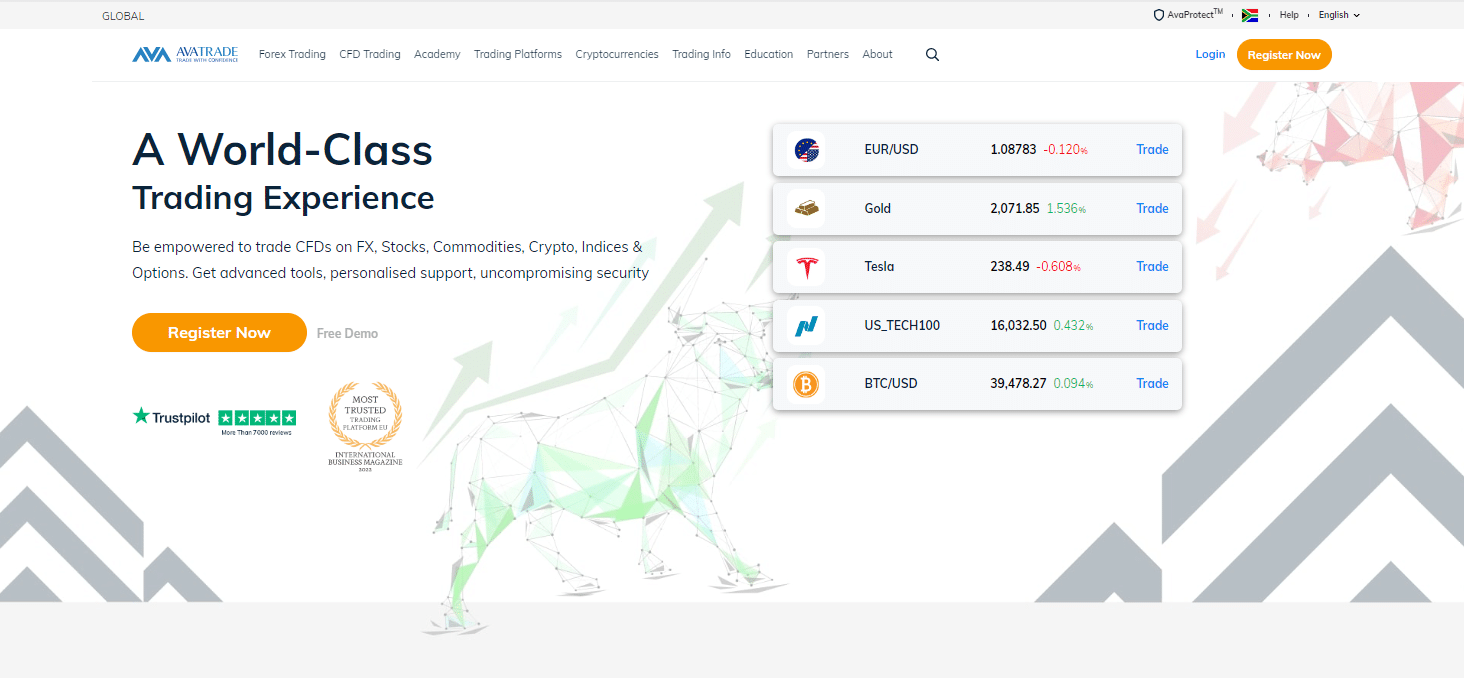
Best Forex Brokers in Dubai
Best MetaTrader 4 / MT4 Forex Broker in Dubai – Alpari
Overall, Alpari is the best MT4 forex broker in Dubai. Emiratis can trade on Alpari in a well-regulated setting with competitive trading conditions. On the Alpari website, FxWirePro streams news, and Emiratis can use AutoChartist to set up automatic trade strategies.
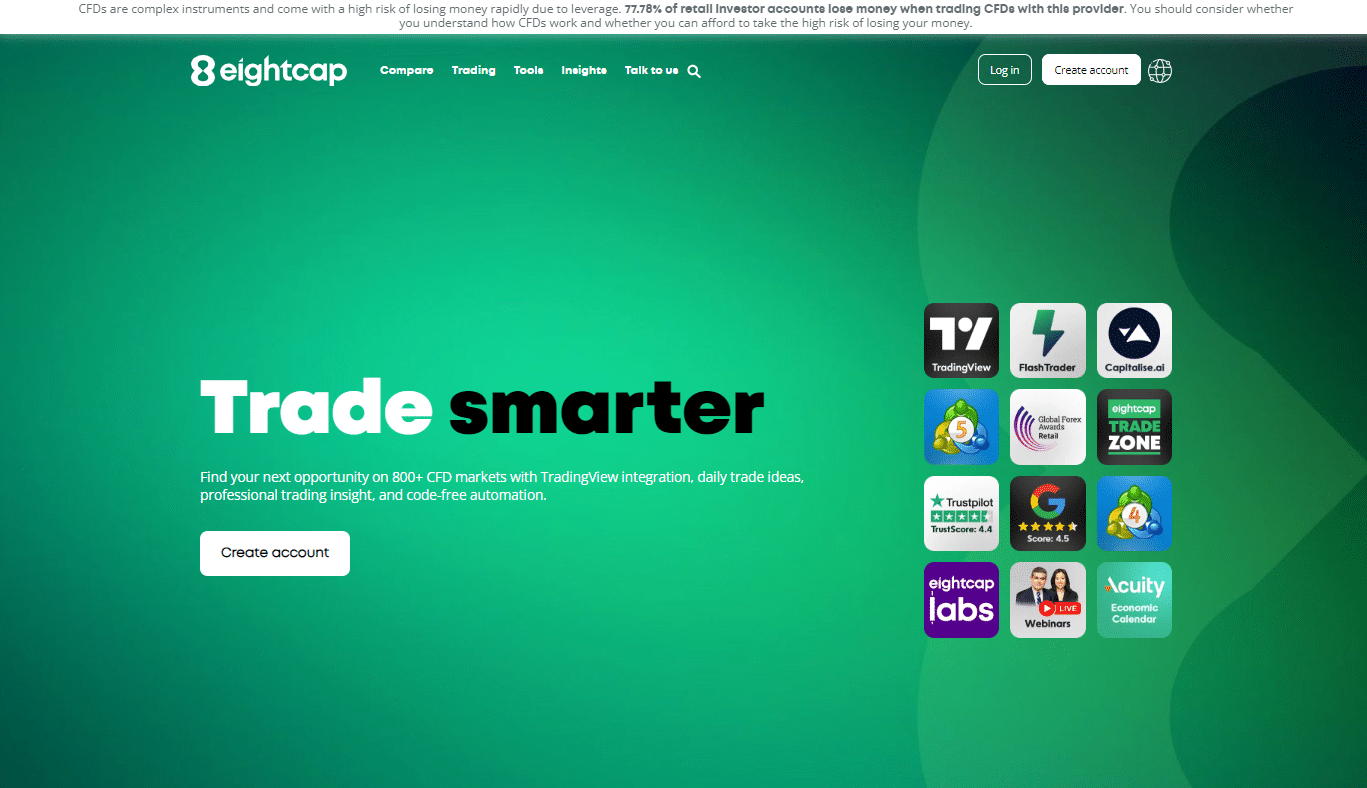
Best MetaTrader 5 / MT5 Forex Broker in Dubai – Markets.com
Overall, Markets.com is the best MetaTrader 5 Forex Broker in Dubai. Markets.com is an innovative Forex broker that focuses on technology to make Forex dealing easier for everyone.
Through Markets.com’s MT5, traders can reach more than 2,200 markets with low spreads and no trading fees.
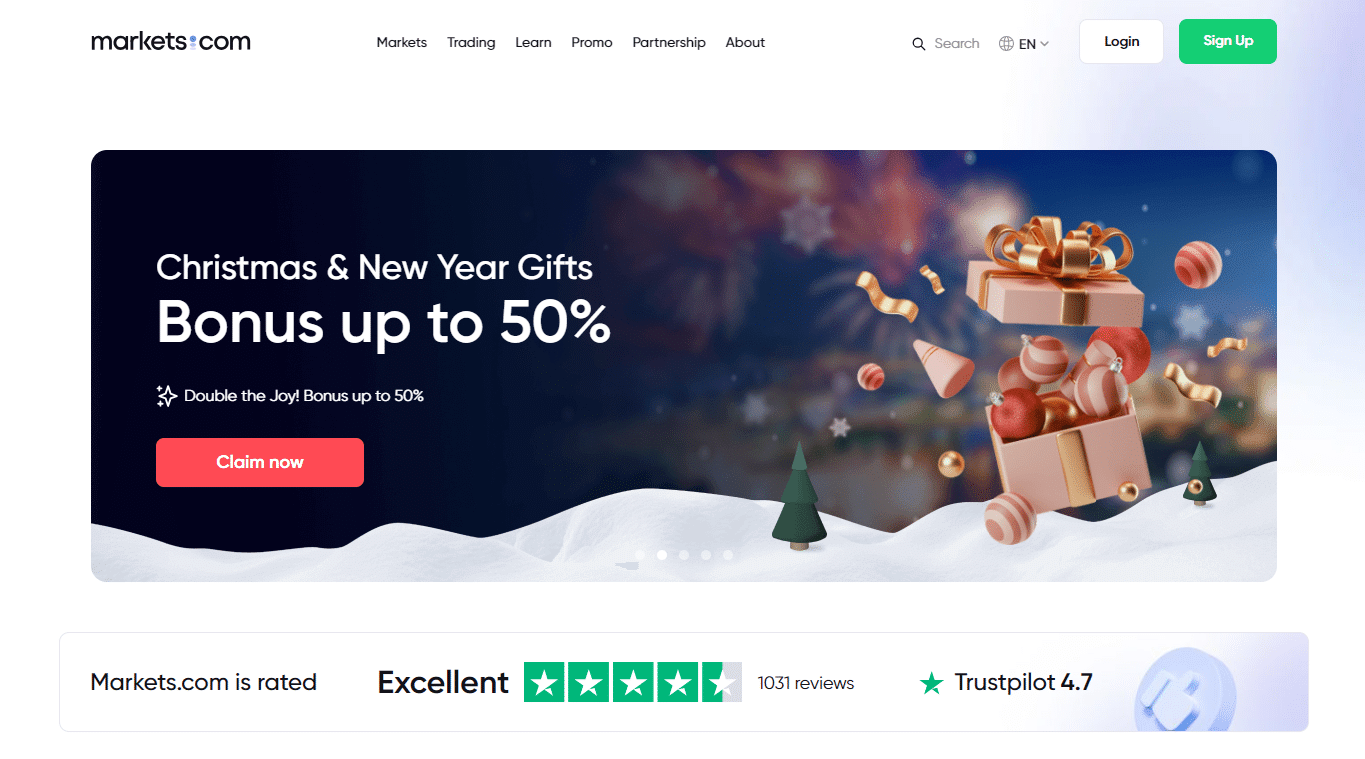
Best Forex Broker for beginners in Dubai – AvaTrade
Overall, AvaTrade is the best forex broker for beginners in Dubai. AvaTrade has the best educational tools for people who are just starting. AvaTrade also has a demo account and gives friendly and helpful customer service.

Best Low Minimum Deposit Forex Broker in Dubai – TD Ameritrade
Overall, TD Ameritrade is the best Low Minimum Deposit Forex Broker in Dubai. With TD Ameritrade, investors and users can trade for as little as $1.
Even though the amount of leverage that can be used at TD Ameritrade is limited, traders can still make money while their cash is safe.
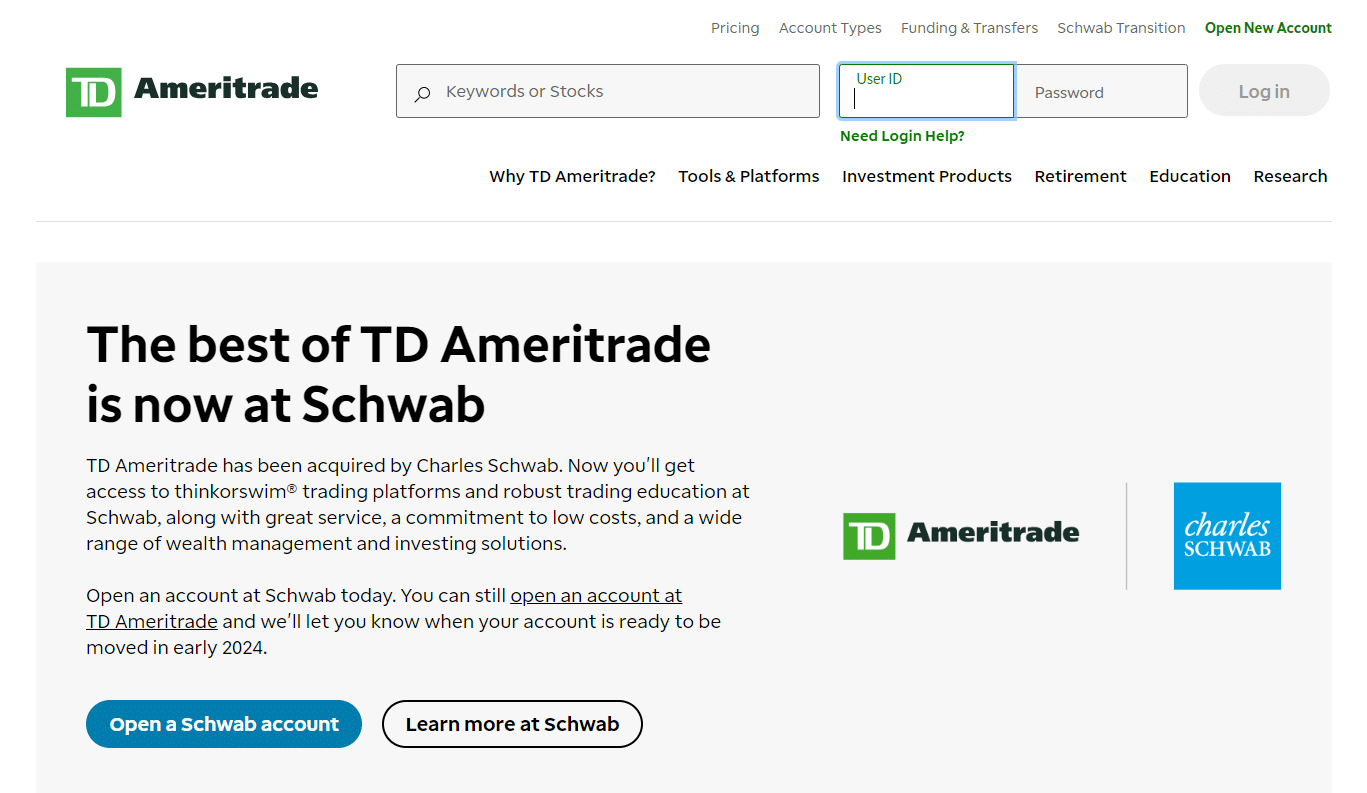
Best ECN Forex Broker in Dubai – OctaFX
Overall, OctaFX is the best ECN Forex Broker in Dubai. OctaFX is a non-dealing desk (NDD) broker that uses STP and ECN processing and puts together prices from the best liquidity providers. This means that spreads for key assets like the EUR/USD on all platforms should start at 0.0 pips.
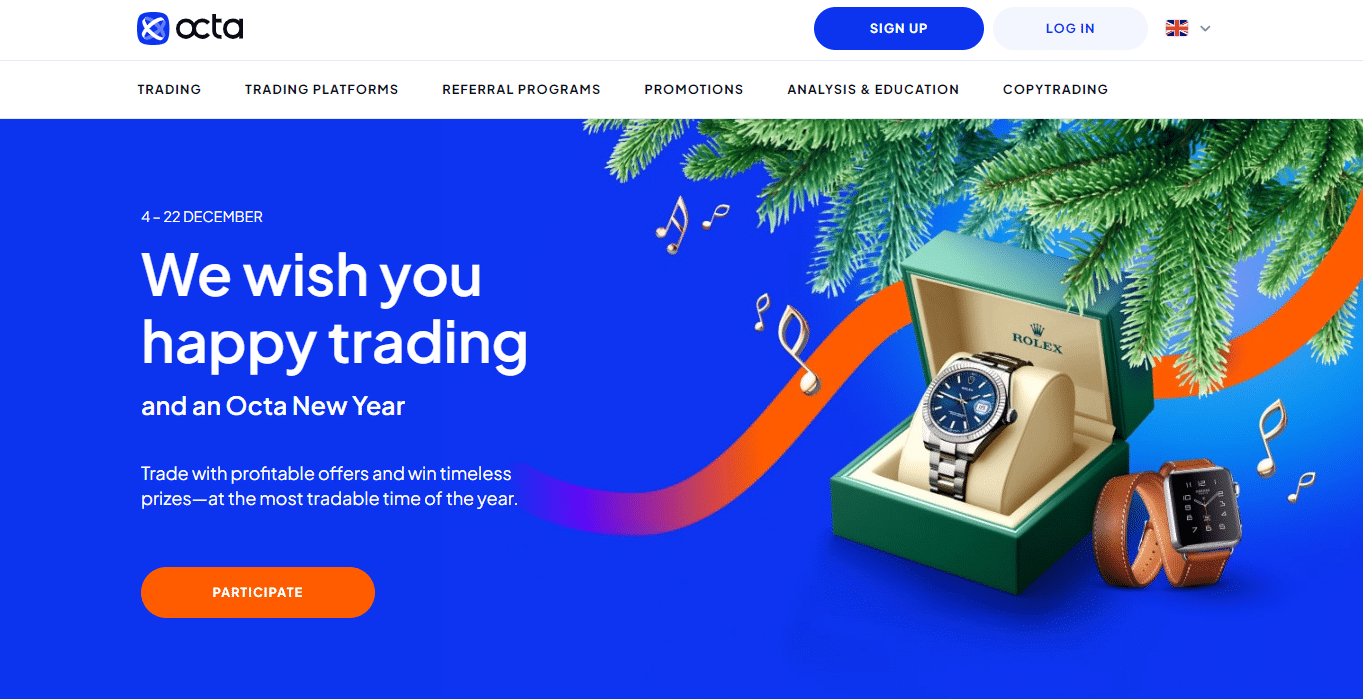
Best Islamic / Swap-Free Forex Broker in Dubai – XM
Overall, XM is the best Islamic / Swap-Free Forex Broker in Dubai. XM has an Islamic account with competitive trading conditions, access to more than 1,000 financial products, and other benefits. Furthermore, XM provides a safe and well-regulated environment for Emirati traders.

Best Forex Trading App in Dubai – eToro
Overall, eToro is the best forex trading app in Dubai. eToro is the industry’s top social trading platform and a trusted option for Emirati traders who want an Islamic Account.
Furthermore, there is an abundance of trading instruments that Emiratis can use to refine their trading strategies, as well as a wealth of educational resources for those who are new to Forex.
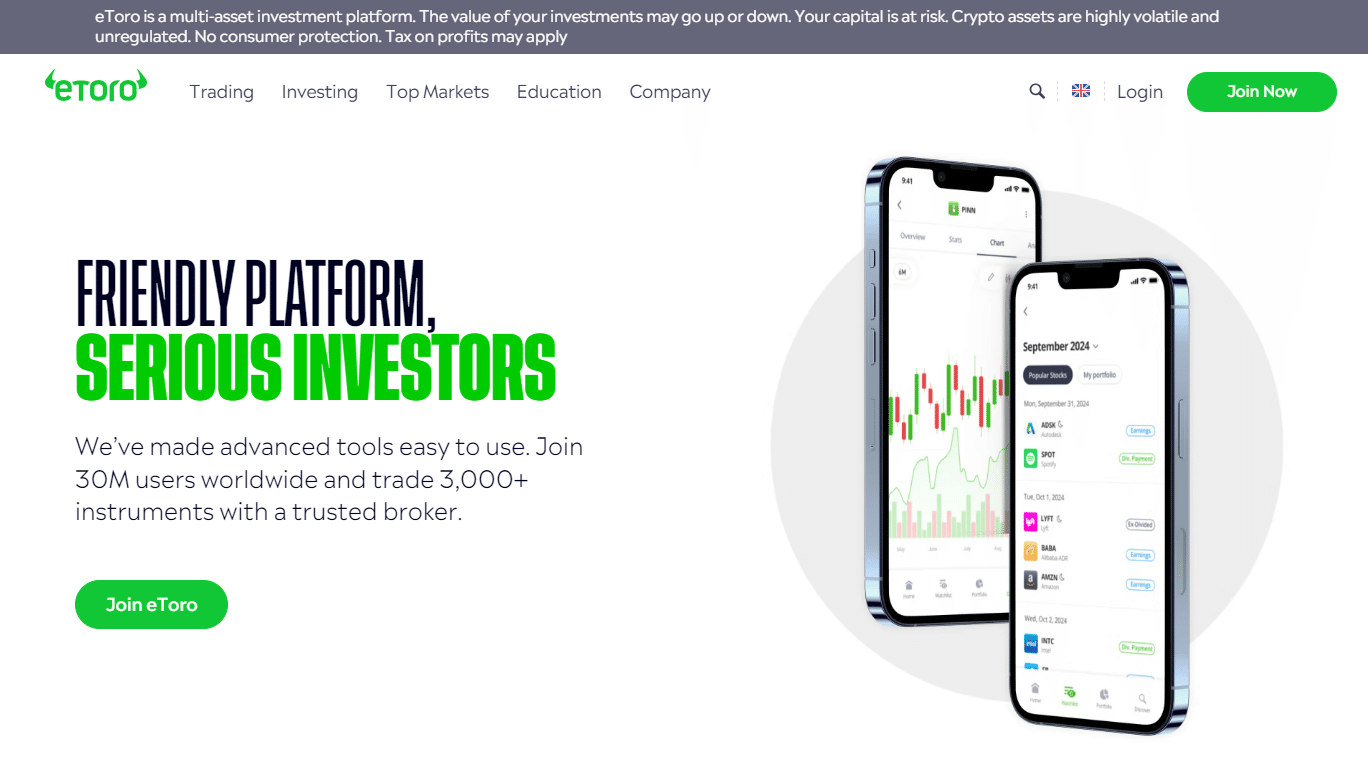
Best Forex Rebates Broker – EightCap
Overall, Eightcap is the Best Forex Rebates Broker in Dubai. Forex rebates of up to 0.36 pips are available to traders who open a Standard or Raw account at Eightcap. In addition, Eightcap provides monthly rebates and frequent real-time progress reports.
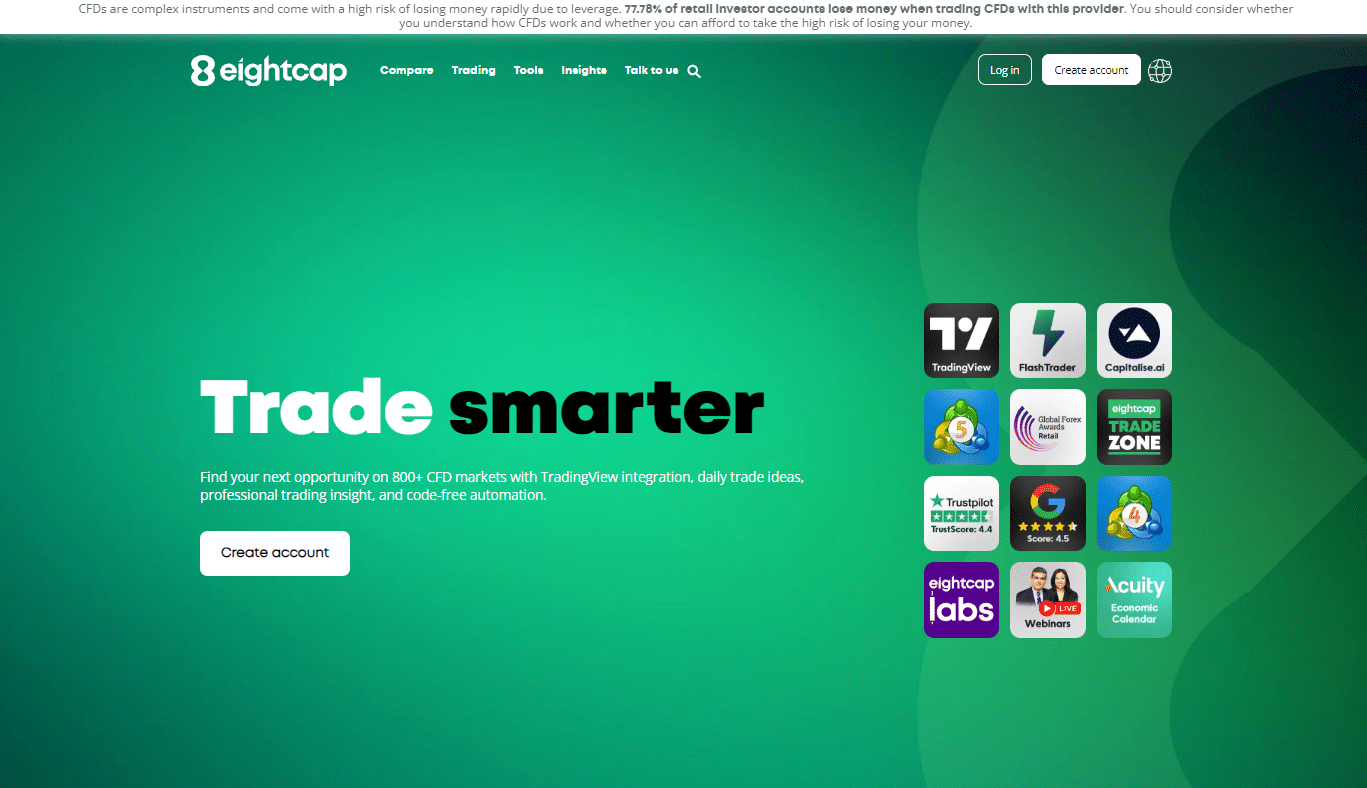
Best AED Trading Account Forex Broker – Exness
Overall, Exness is the best AED trading account forex broker in Dubai. Emirati traders can register a Standard, Raw Spread, Zero, and Pro Account denominated in AED. Furthermore, Exness offers unlimited leverage, over 100 forex pairs, zero requotes, and minimal slippage.
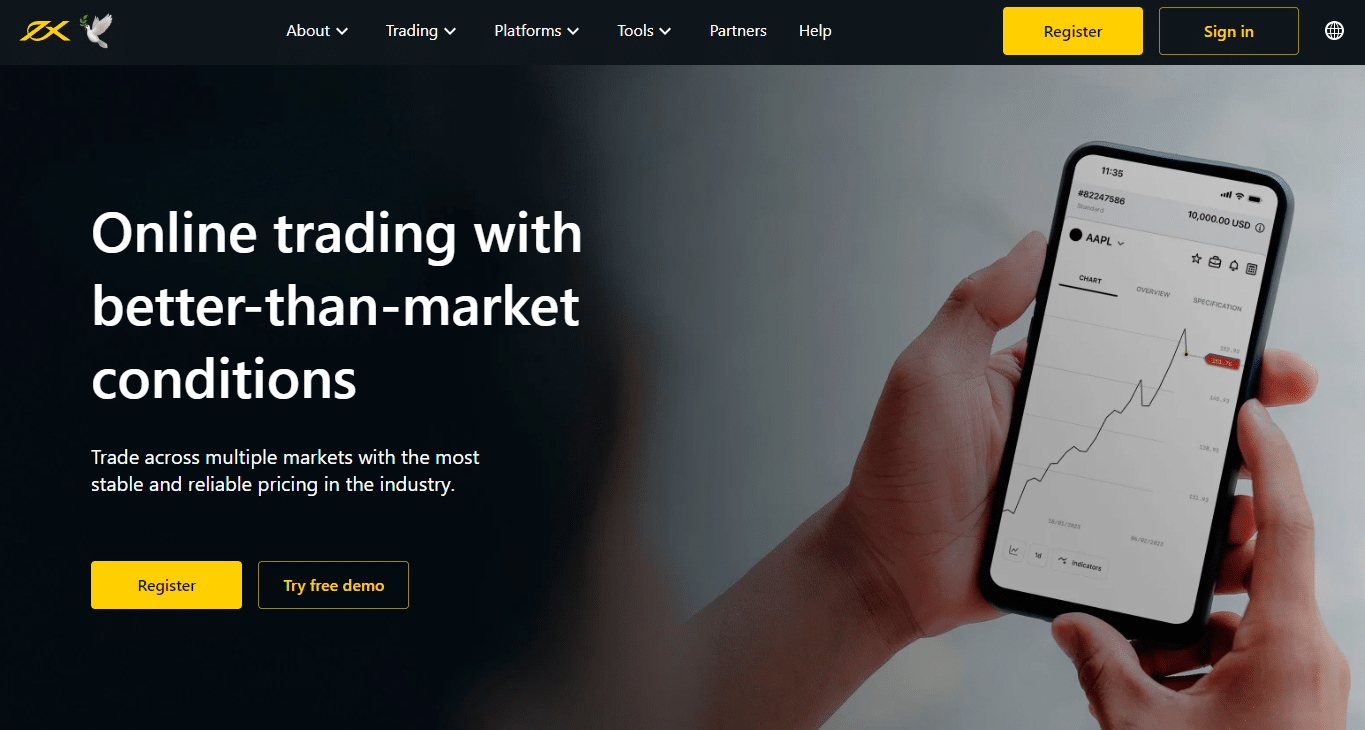
Best Lowest Spread Forex Broker in Dubai – Pepperstone
Overall, Pepperstone is the best lowest spread Forex Broker in Dubai. Pepperstone is a world-renowned CFD broker that provides traders with various instruments with spreads commencing at 0 pips on the most popular instruments.

Best Nasdaq 100 Forex Broker in Dubai – IG
Overall, IG is the best Nasdaq 100 Forex Broker in Dubai. Emirati traders can access over 19,000 instruments, including Nasdaq 100, using IG’s mobile, web, and desktop platforms. IG also offers comprehensive education and top trading tools for trading Index CFDs.

Best Volatility 75 / VIX 75 Forex Broker in Dubai – Admirals
Overall, Admirals is Dubai’s best Volatility 75 / VIX 75 forex broker. Admirals is a trusted STP and ECN broker with VIX 75 and an expansive range of educational material, tools, and powerful trading platforms.
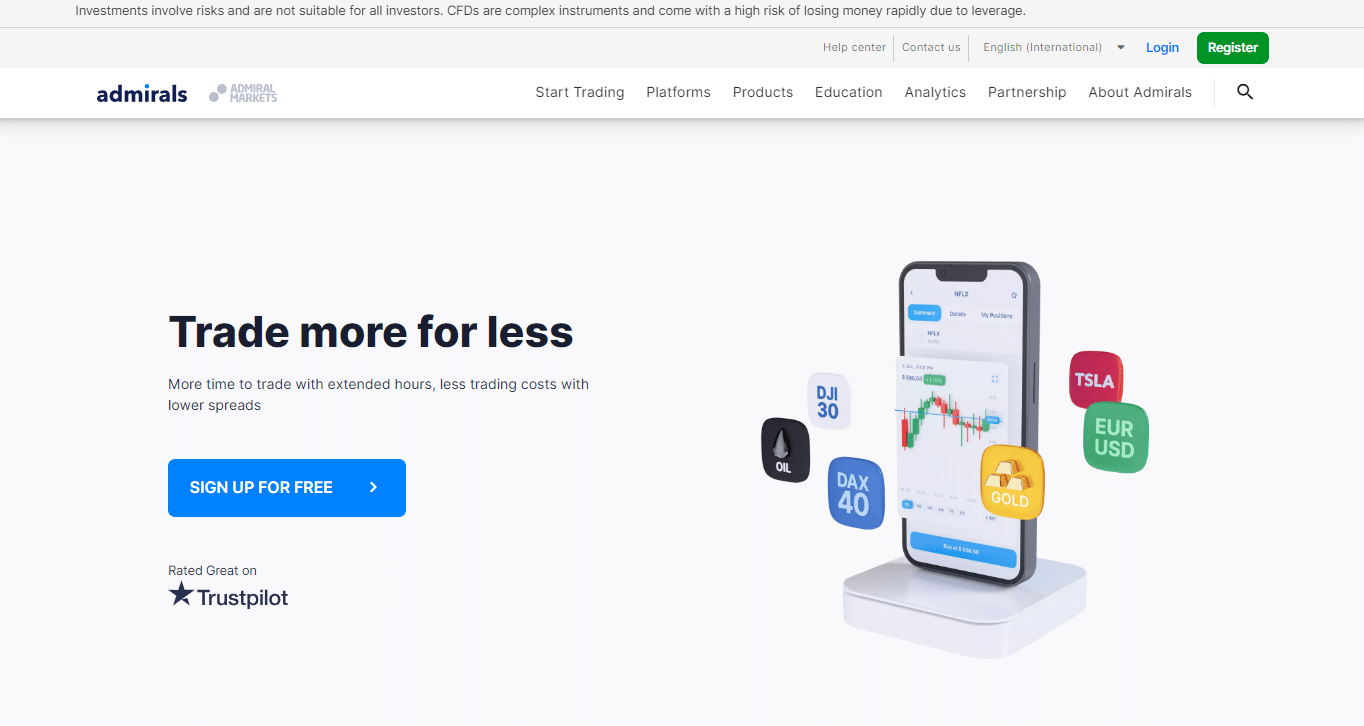
Best NDD Forex Broker in Dubai – Tickmill
Overall, Tickmill is the best NDD Forex Broker in Dubai. Tickmill is properly regulated and provides traders with commission-free STP pricing starting at 1.6 pips on the Classic Account.
Moreover, Tickmill’s NDD model ensures that traders have reliable access to the best prices aggregated from prominent liquidity providers.
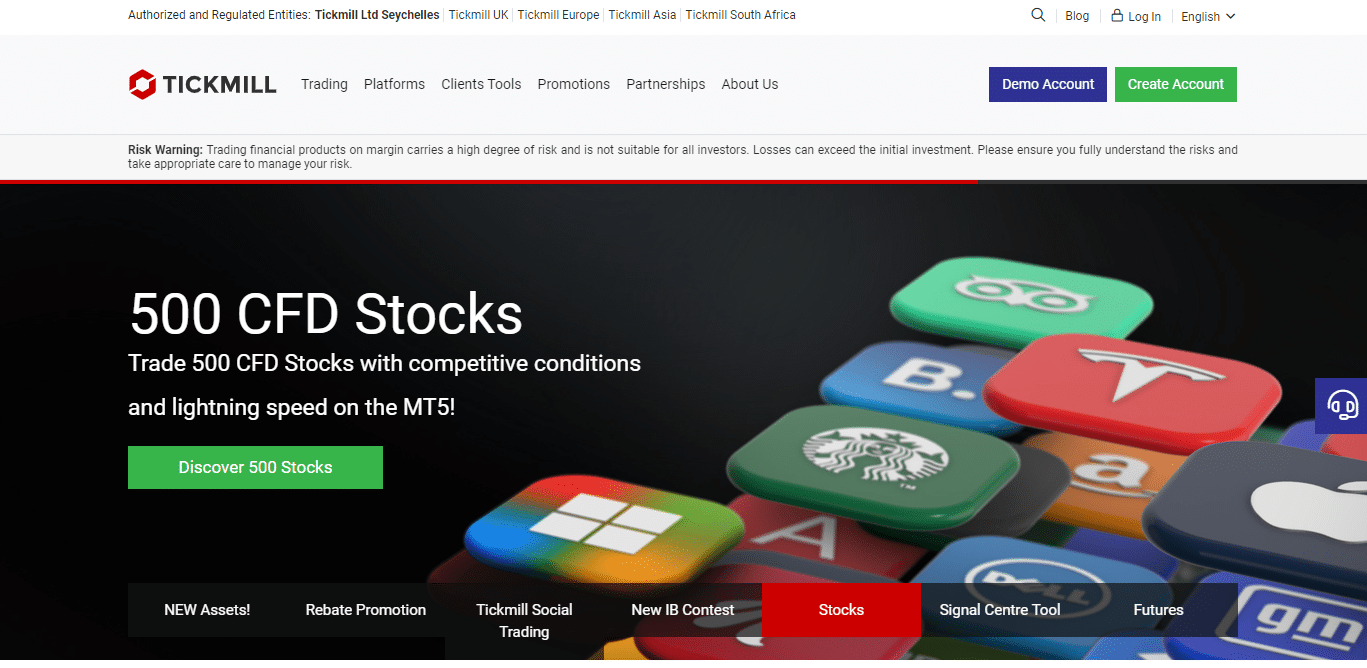
Best STP Forex Broker in Dubai – Forex.com
Overall, FOREX.com is the best STP Forex Broker in Dubai. FOREX.com’s execution scorecard ensures traders can anticipate rapid, dependable trade execution speeds. Furthermore, over 200,000 users worldwide use FOREX.com to trade CFDs across markets.
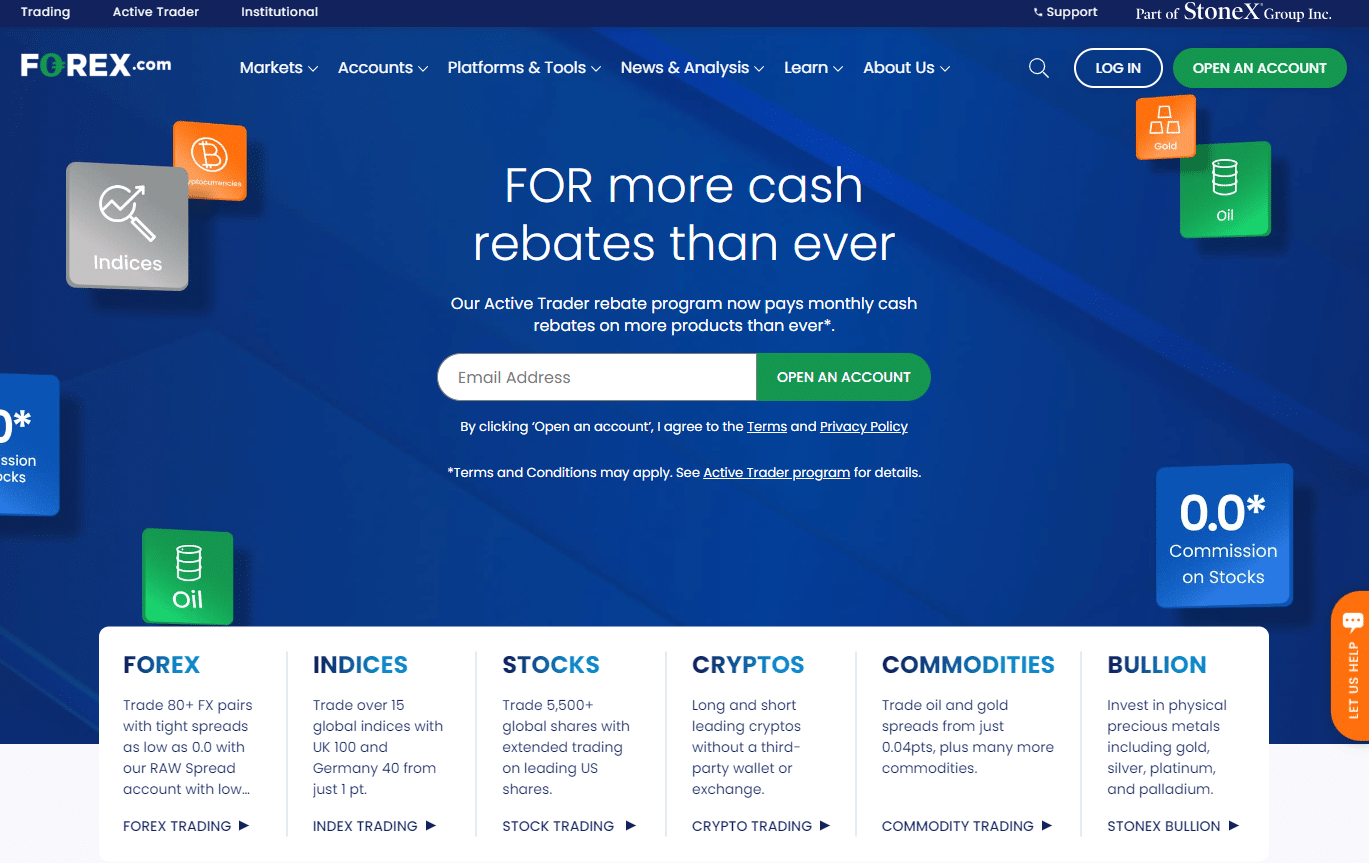
Best Sign-up Bonus Broker in Dubai – SuperForex
Overall, SuperForex is the best sign-up bonus Broker in Dubai. After establishing a live trading account with SuperForex, traders can receive several welcome bonuses, including an 88 USD no-deposit bonus.
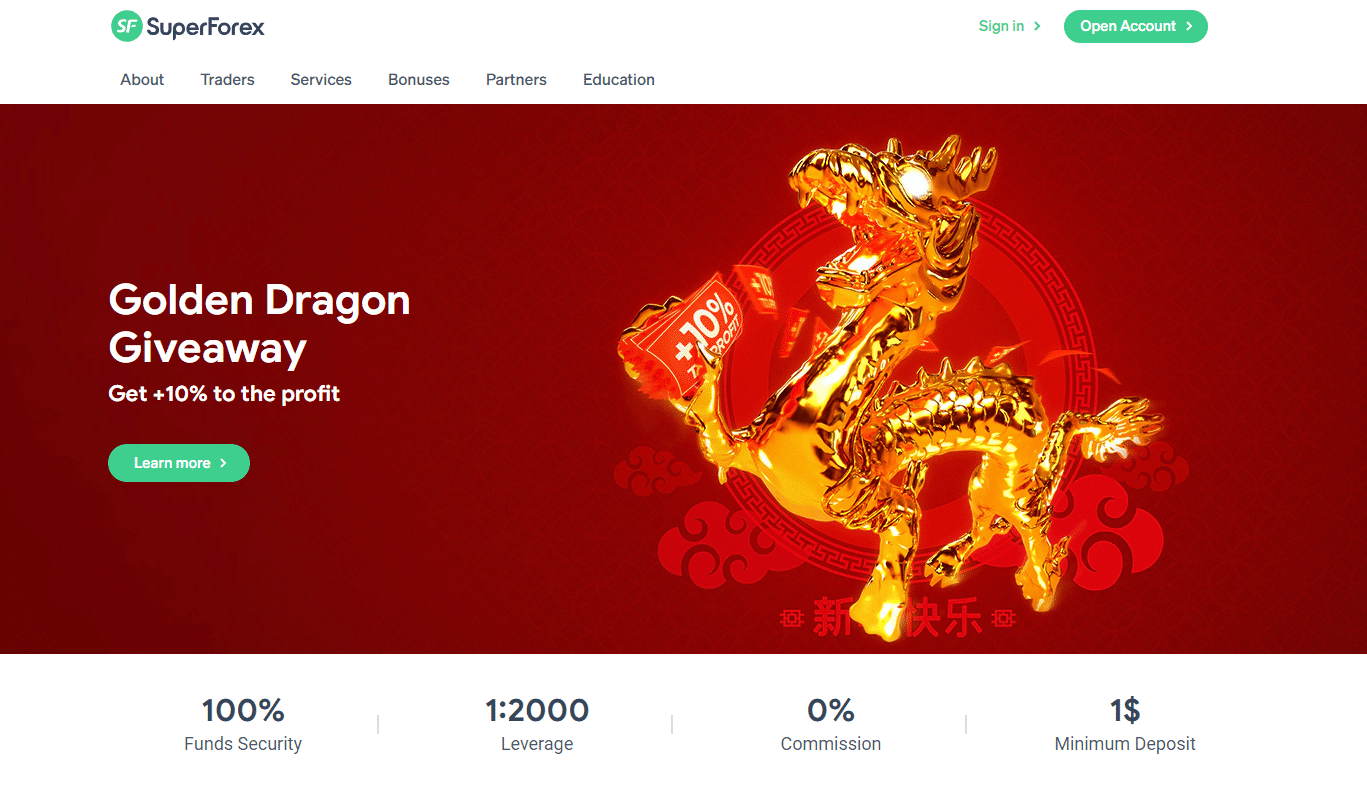
In Conclusion
Understanding the Forex Trading Process and Finding a Trustworthy Regulated Forex Broker are the first steps in any Forex Trading Journey.
Frequently Asked Questions
What are the best forex trading platforms in Dubai?
In 2024, Dubai’s main forex trading platform providers are Exness, FOREX.com, XM, FBS, AvaTrade, and Axi. Other local and foreign brokers are also available to traders in the region.
Is Forex trading legal in the UAE?
Yes, forex trading is completely legal in the UAE. The country places little limits on trading activity, and profits from forex trading are legal.
How can I start forex trading in Dubai?
To get started with forex trading in Dubai, find a good broker, either local or foreign, and open a trading account. In Dubai, platforms such as Exness, HFM, Pepperstone, XM, and others provide online currency trading services.
What are the currency pairs available for trading in Dubai?
Dubai traders can trade over 100 Forex CFDs, including EUR/USD, GBP/JPY, USD/ZAR, and many more.
Can I hire forex traders in Dubai?
Yes, freelance websites highlight various forex traders in Dubai who are ready for hiring and provide their services at varying hourly fees.
How do forex brokers in Dubai ensure compliance with Islamic finance principles?
Many forex brokers in Dubai provide Islamic swap-free accounts to ensure Shariah compliance and meet Muslim traders’ demands.
Are there any educational resources on forex trading available in Dubai?
Yes, there are. Numerous internet resources, such as YouTube channels and tutorials, offer insights and help on how to begin forex trading in Dubai.
What should I consider when choosing a forex broker in Dubai?
Consider variables such as legislation, available trading platforms, account types, leverage, spreads, and customer support when choosing a foreign broker in Dubai.

 Best Forex Brokers in Dubai
Best Forex Brokers in Dubai
 Dirham (AED) Forex Trading Accounts
Dirham (AED) Forex Trading Accounts
 Scam Forex Brokers in Dubai
Scam Forex Brokers in Dubai

